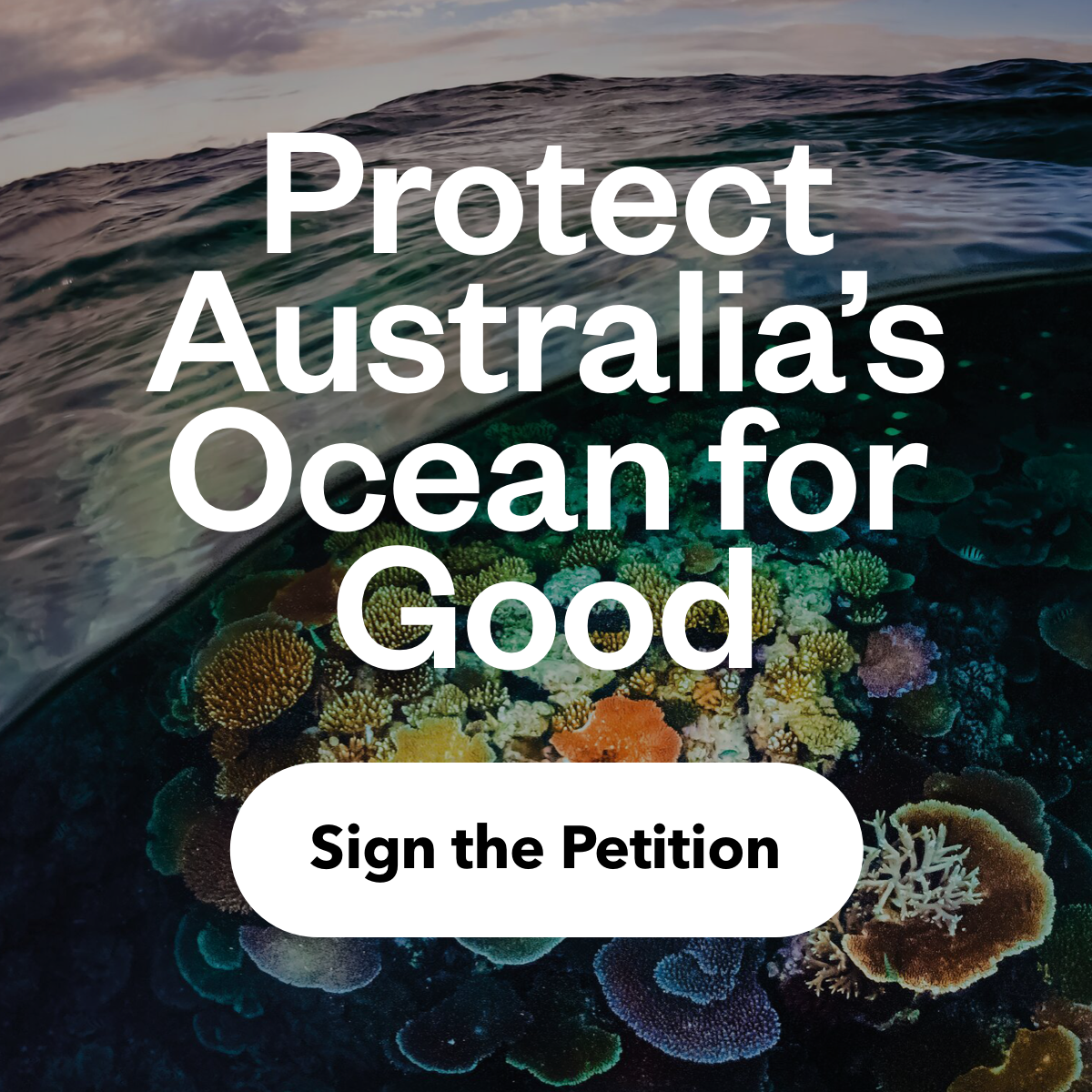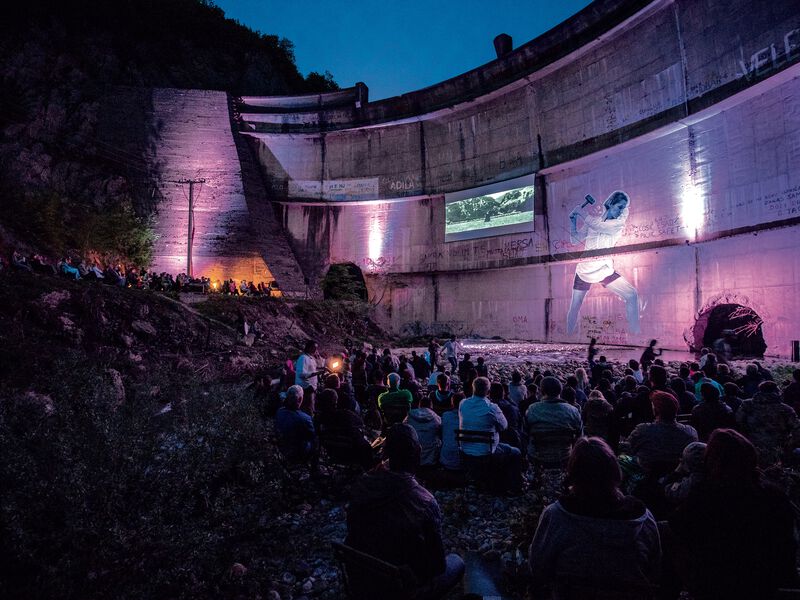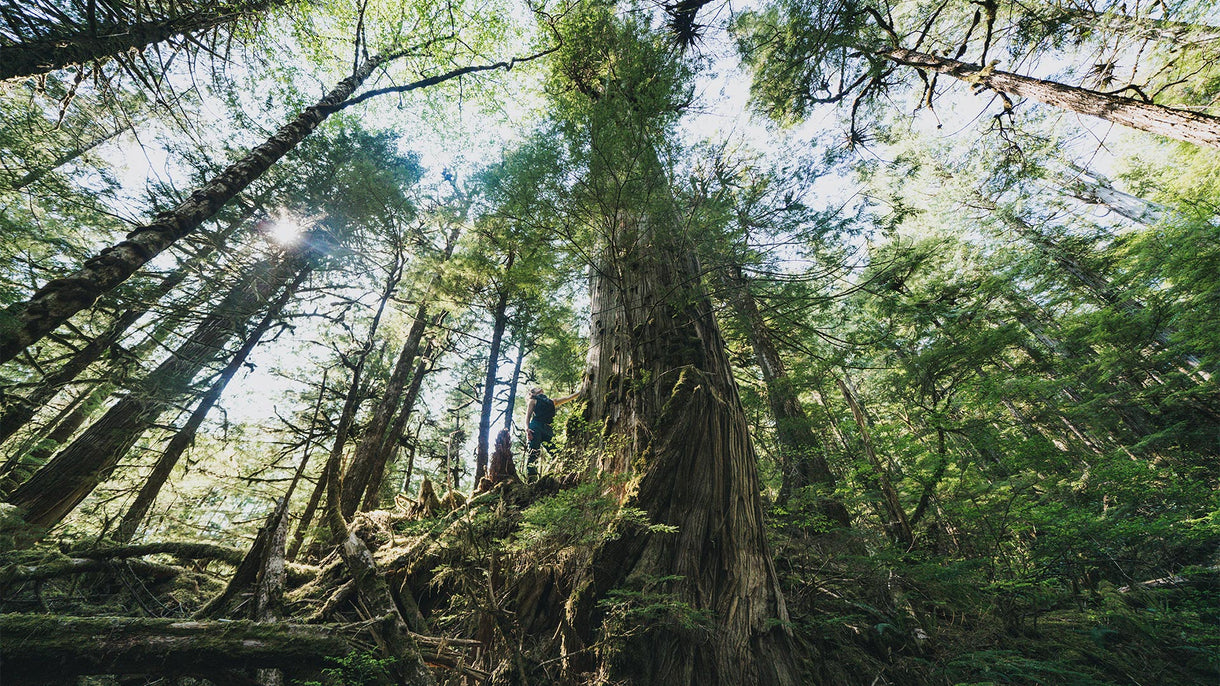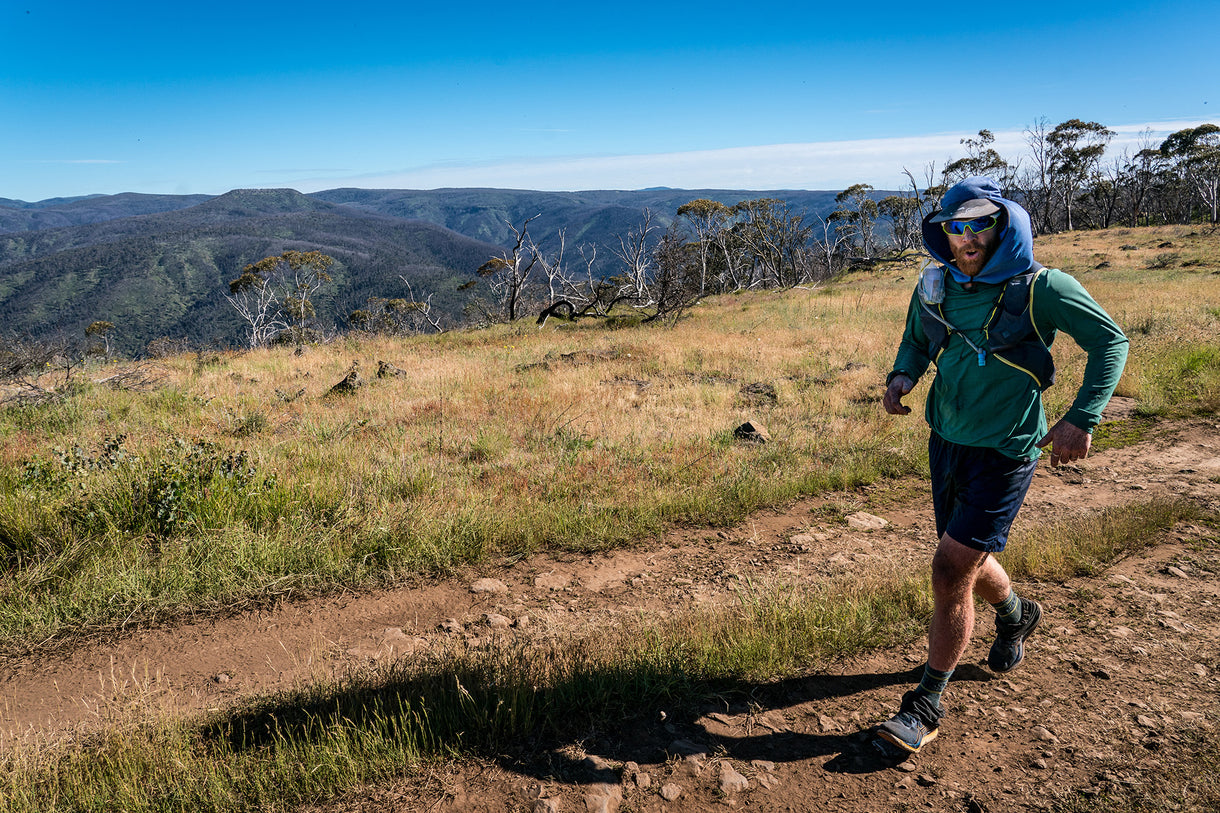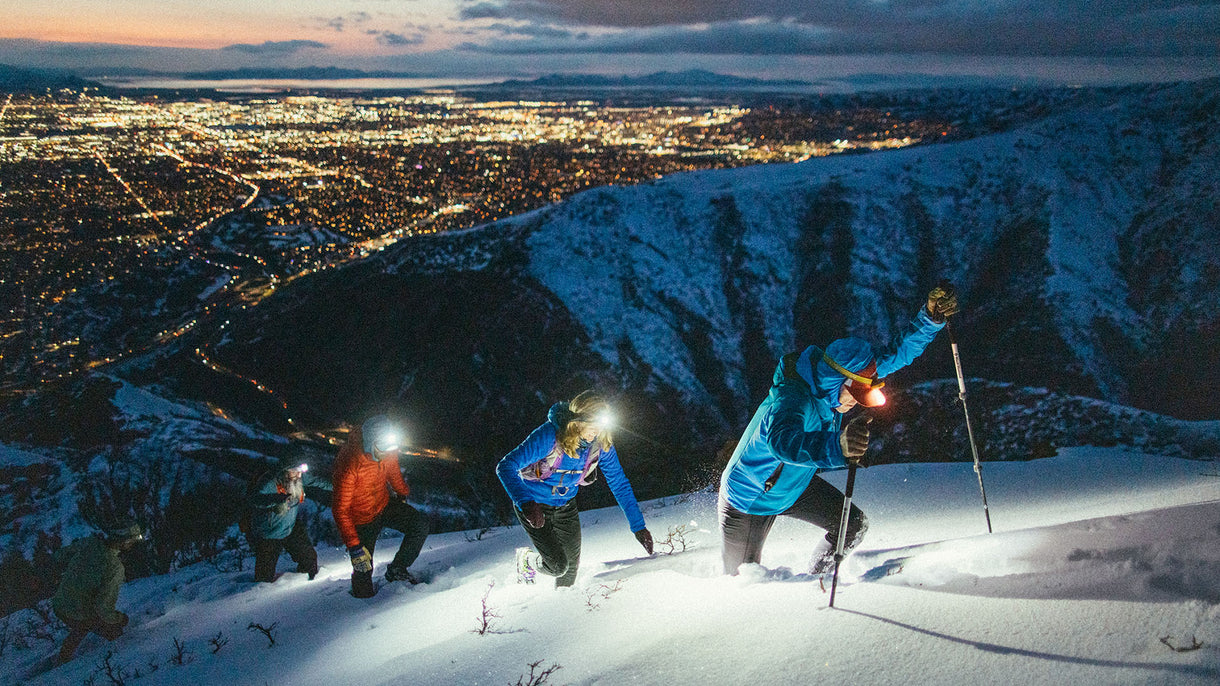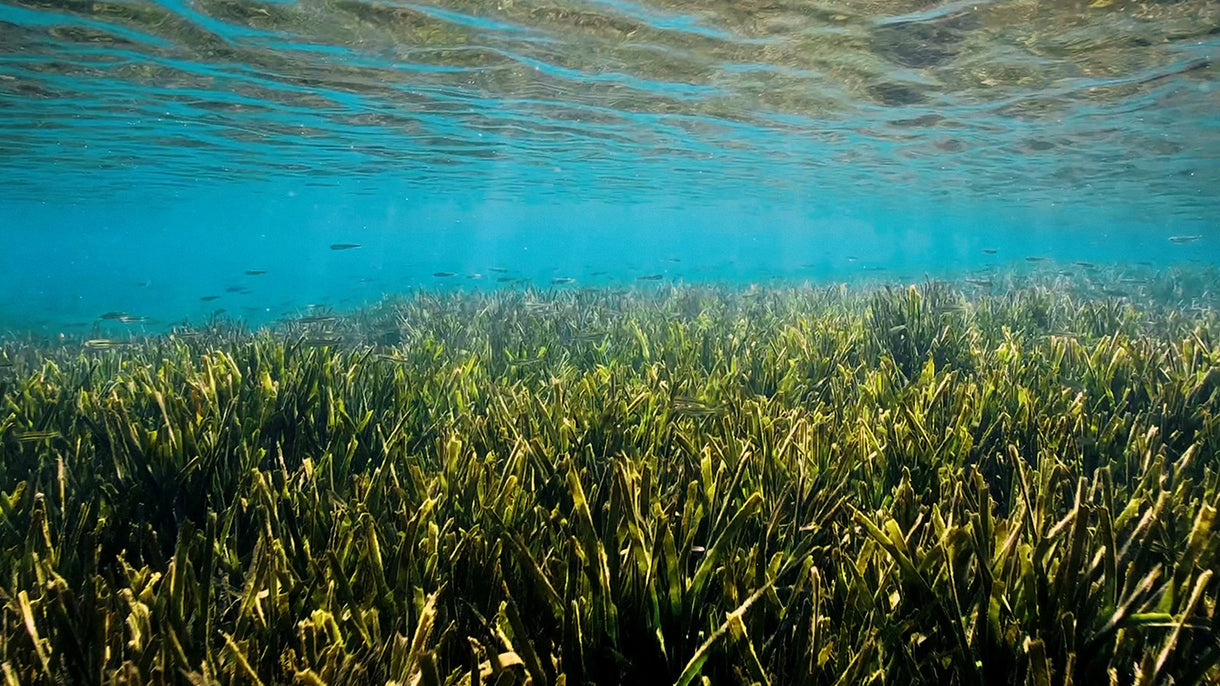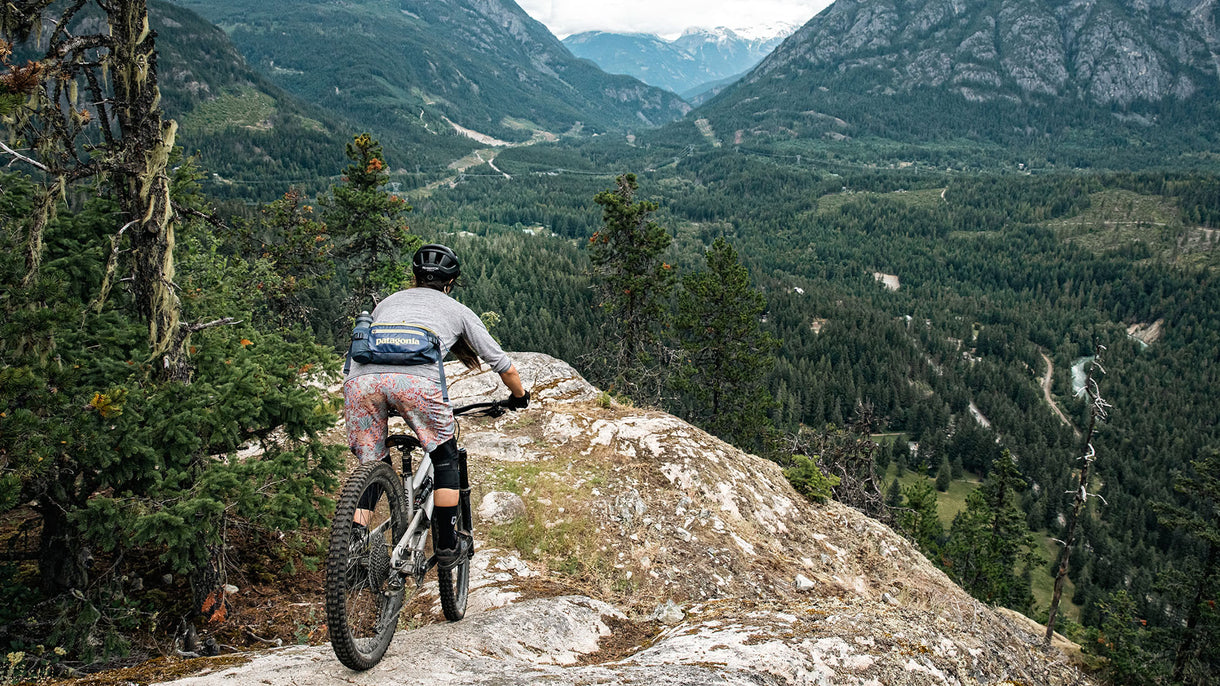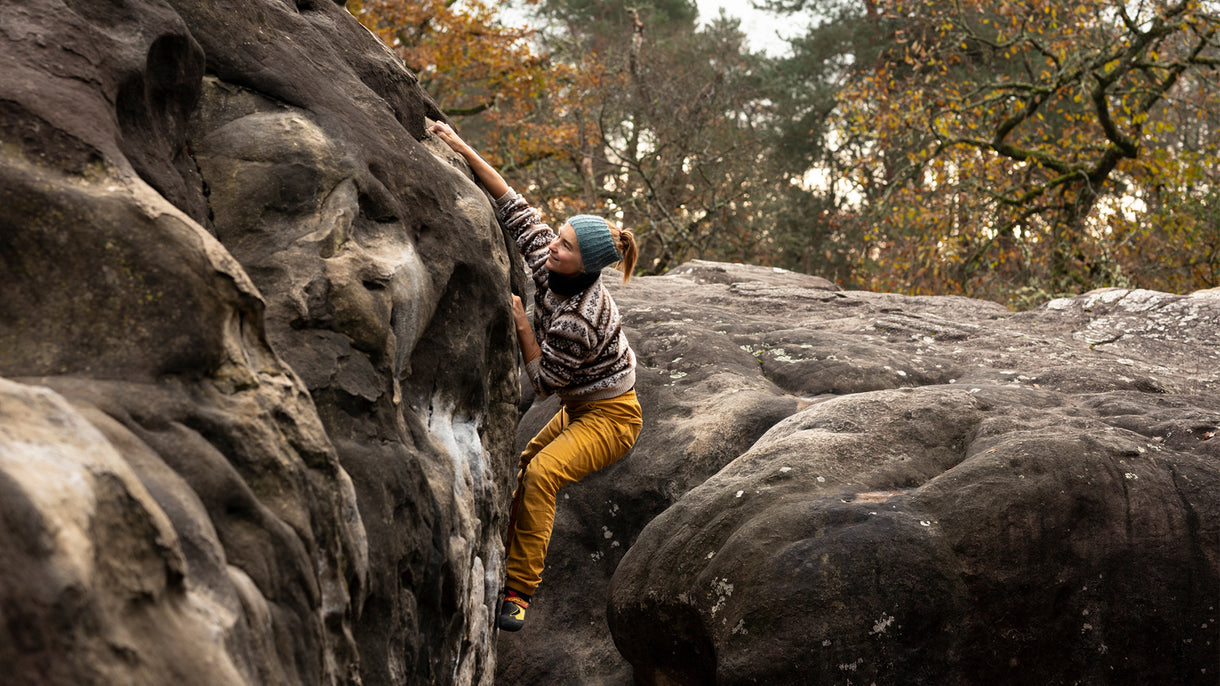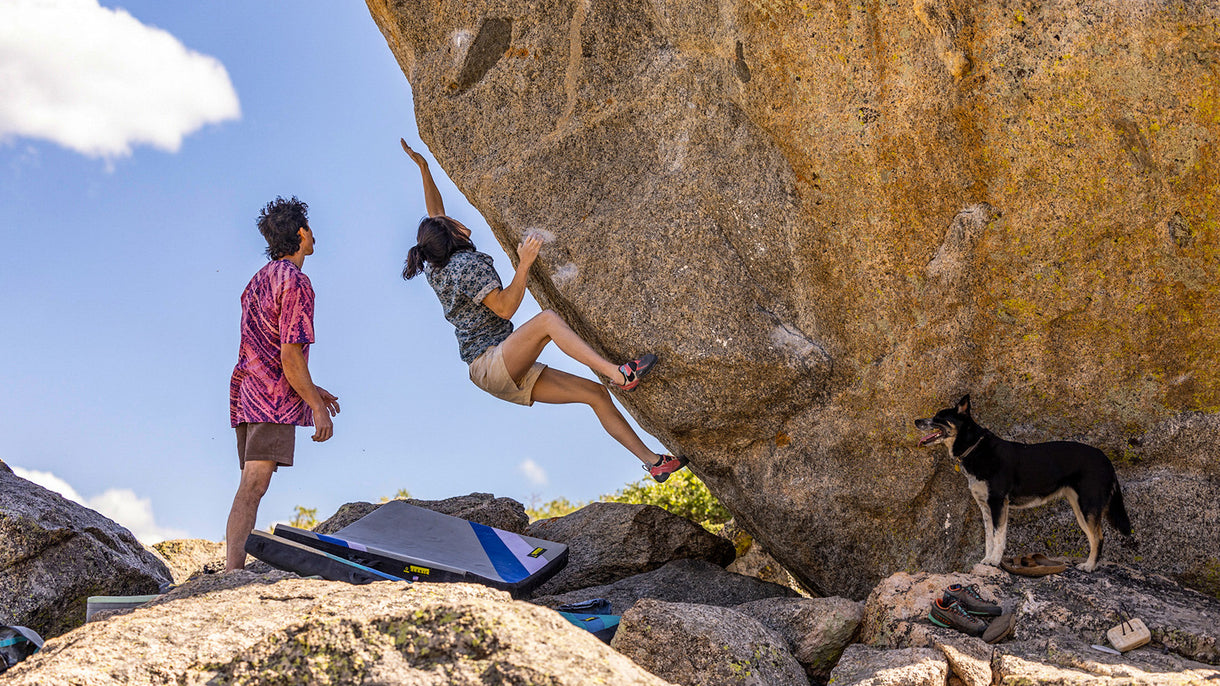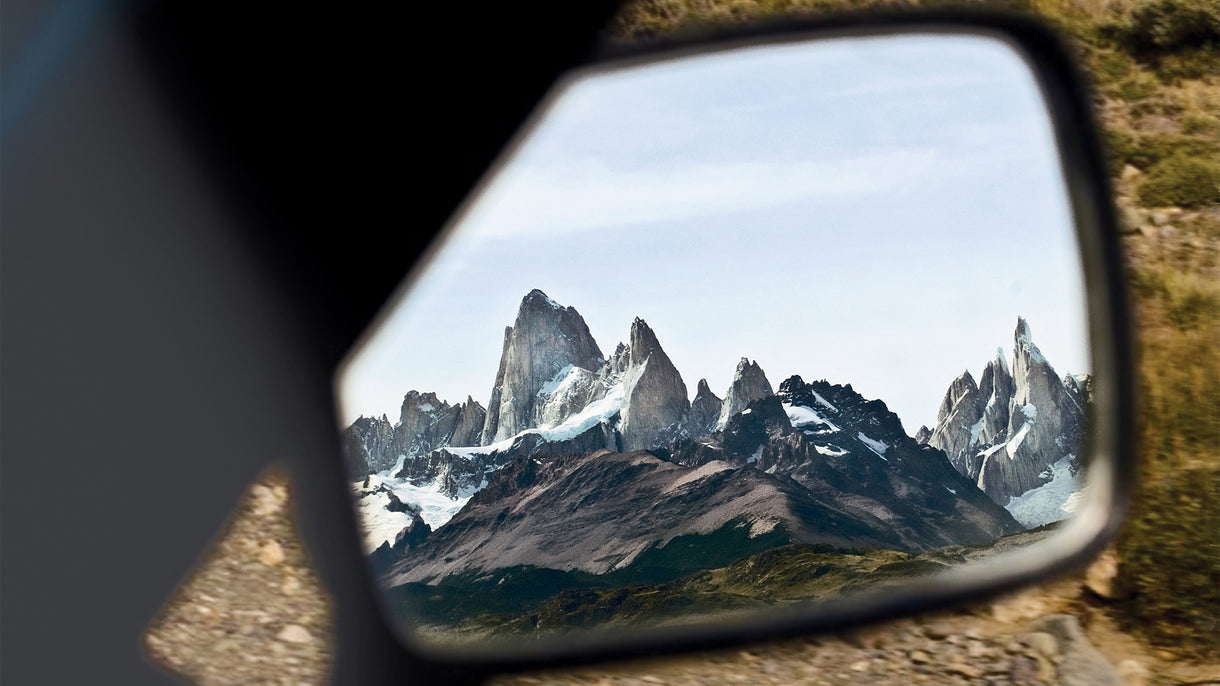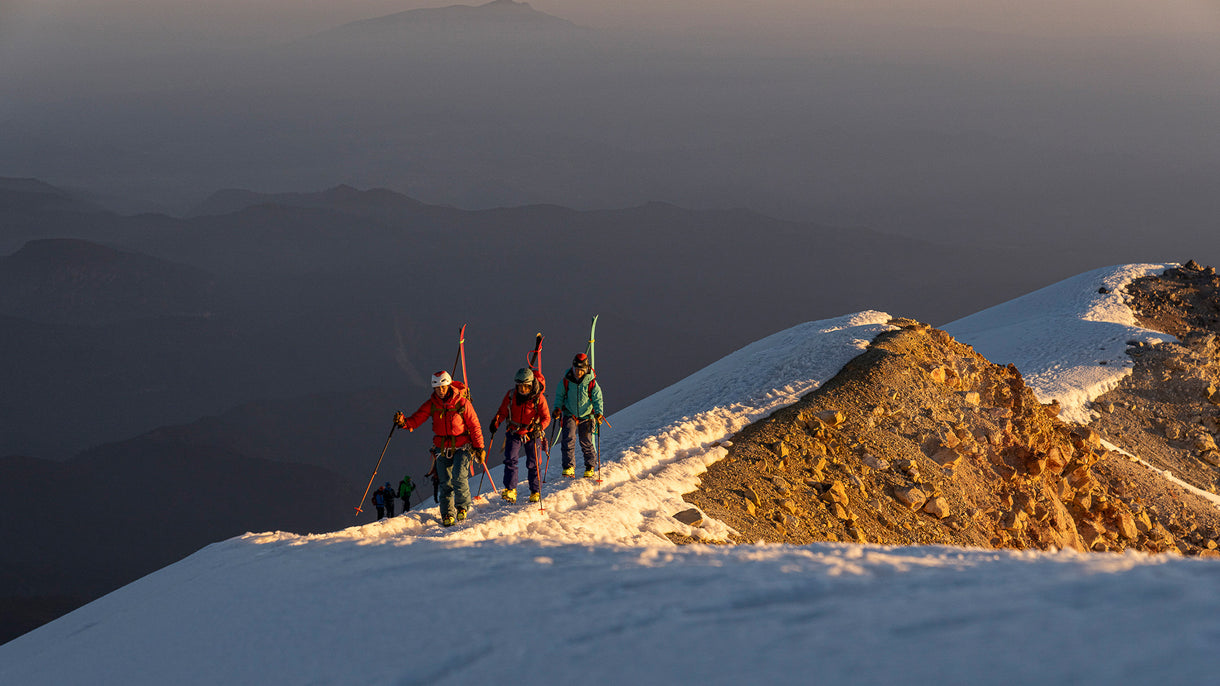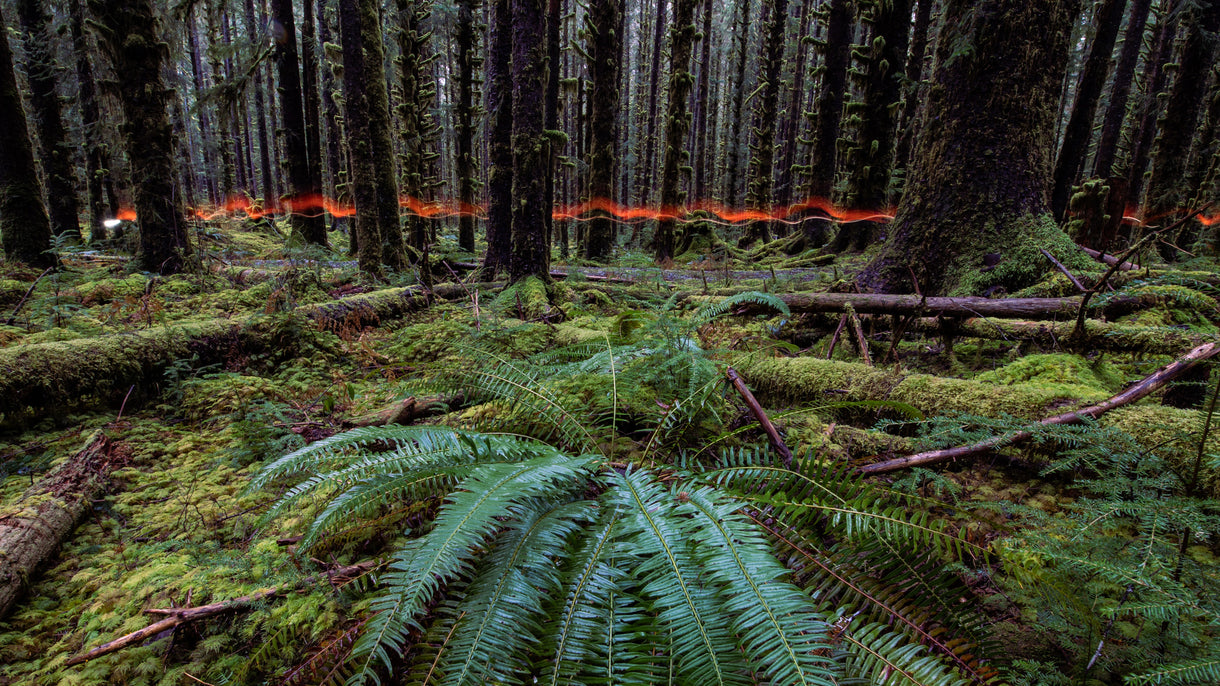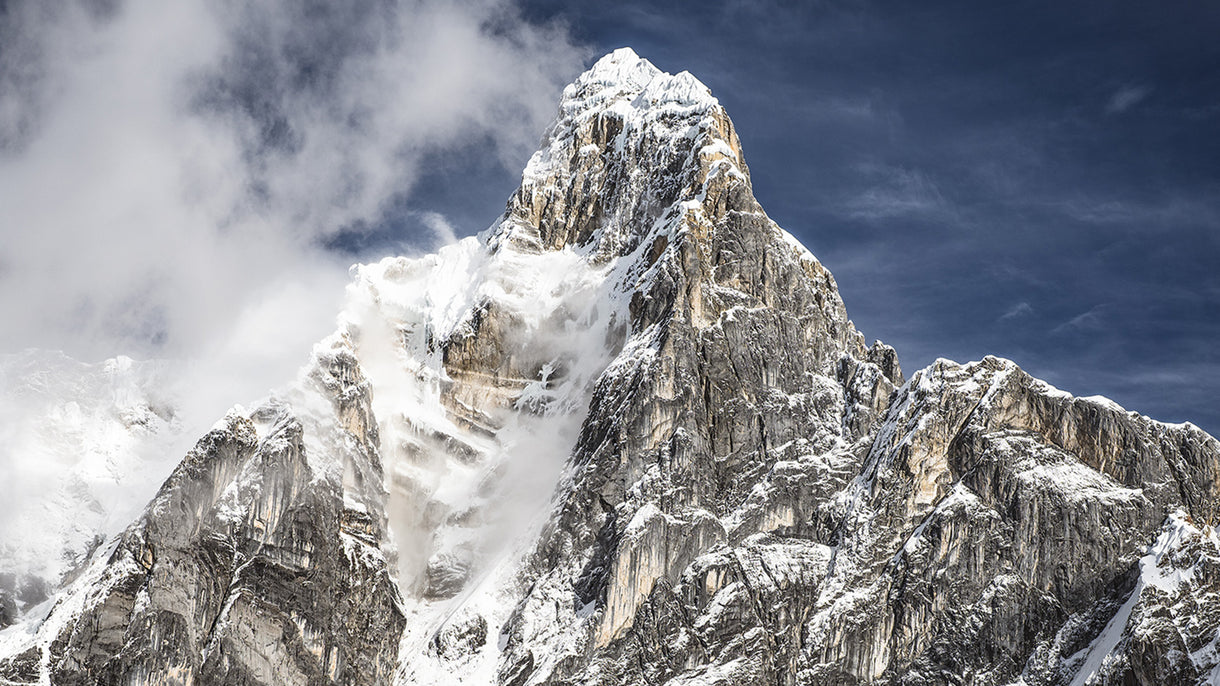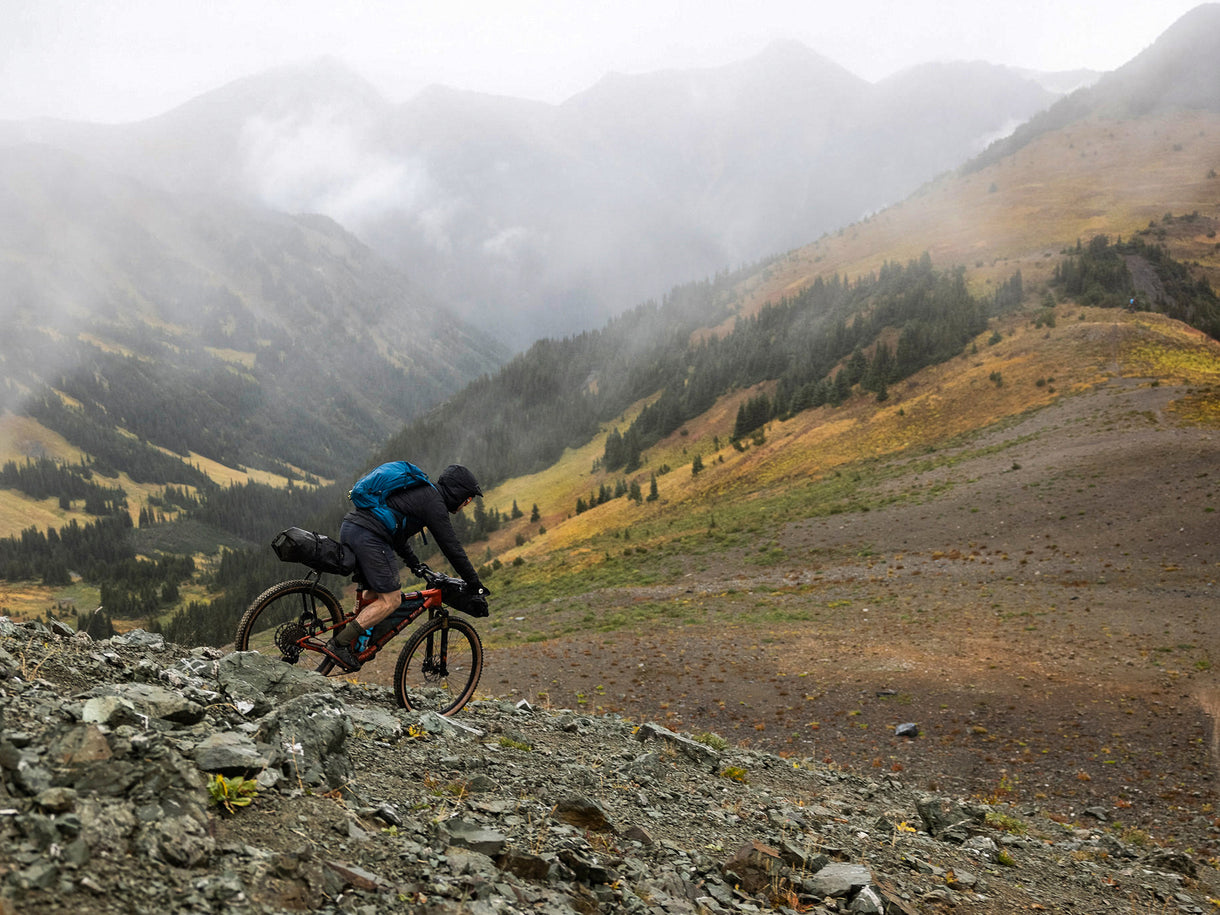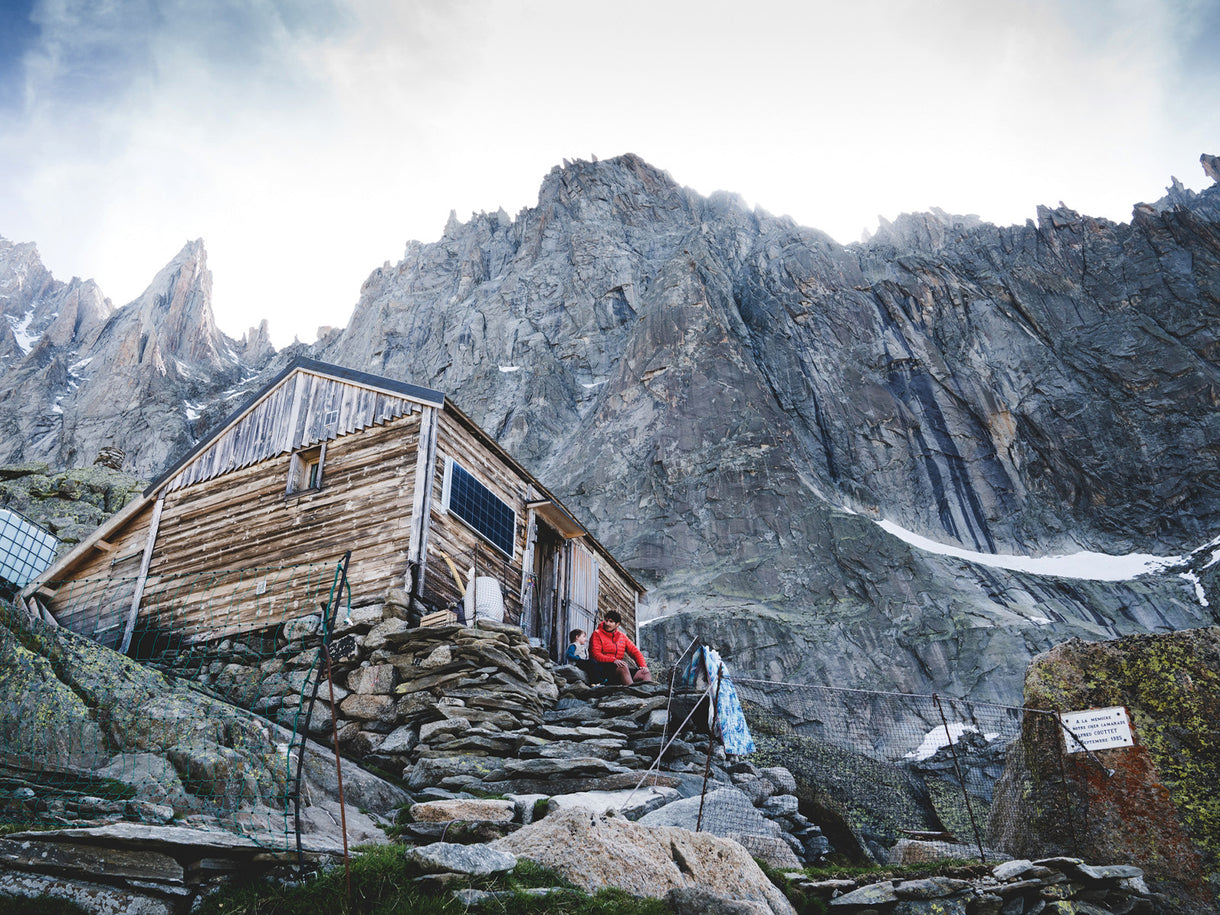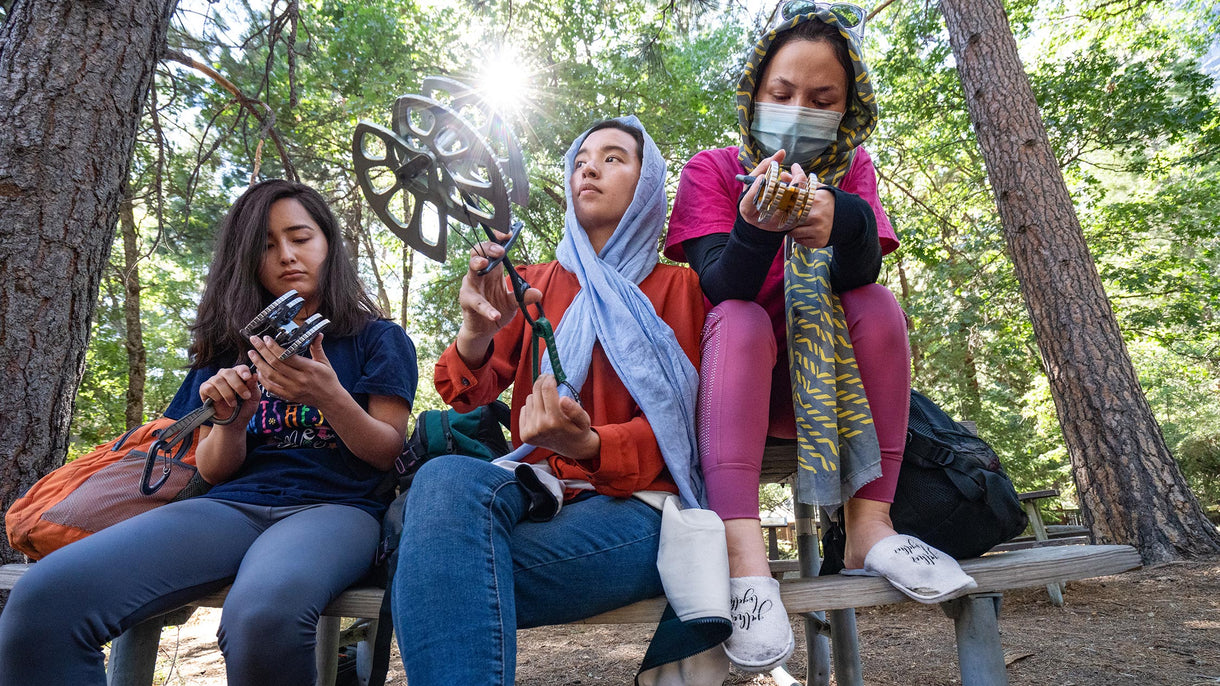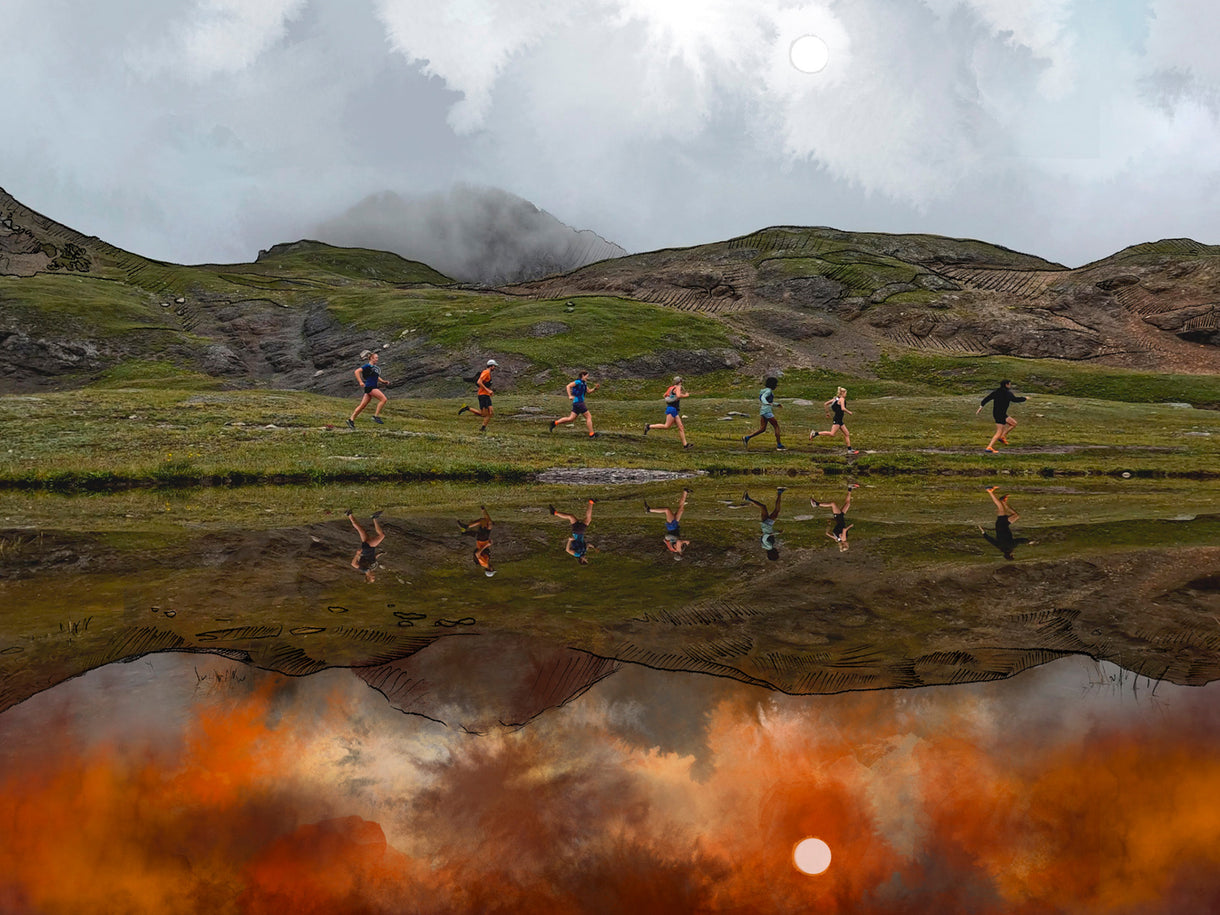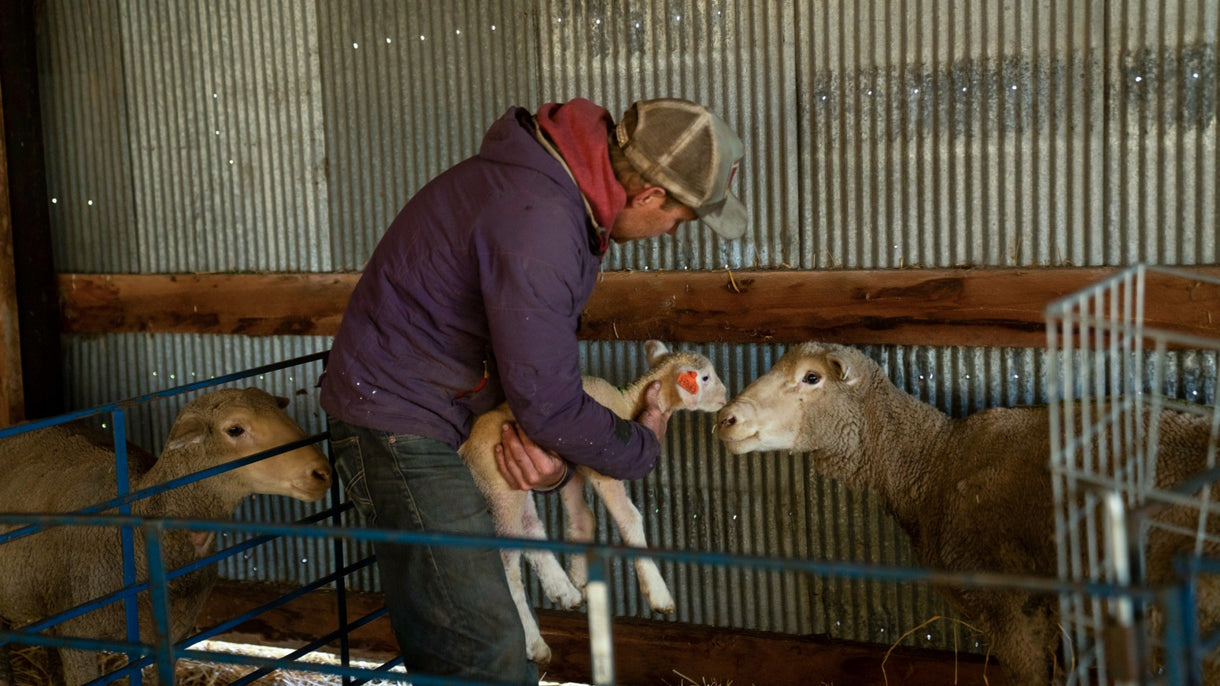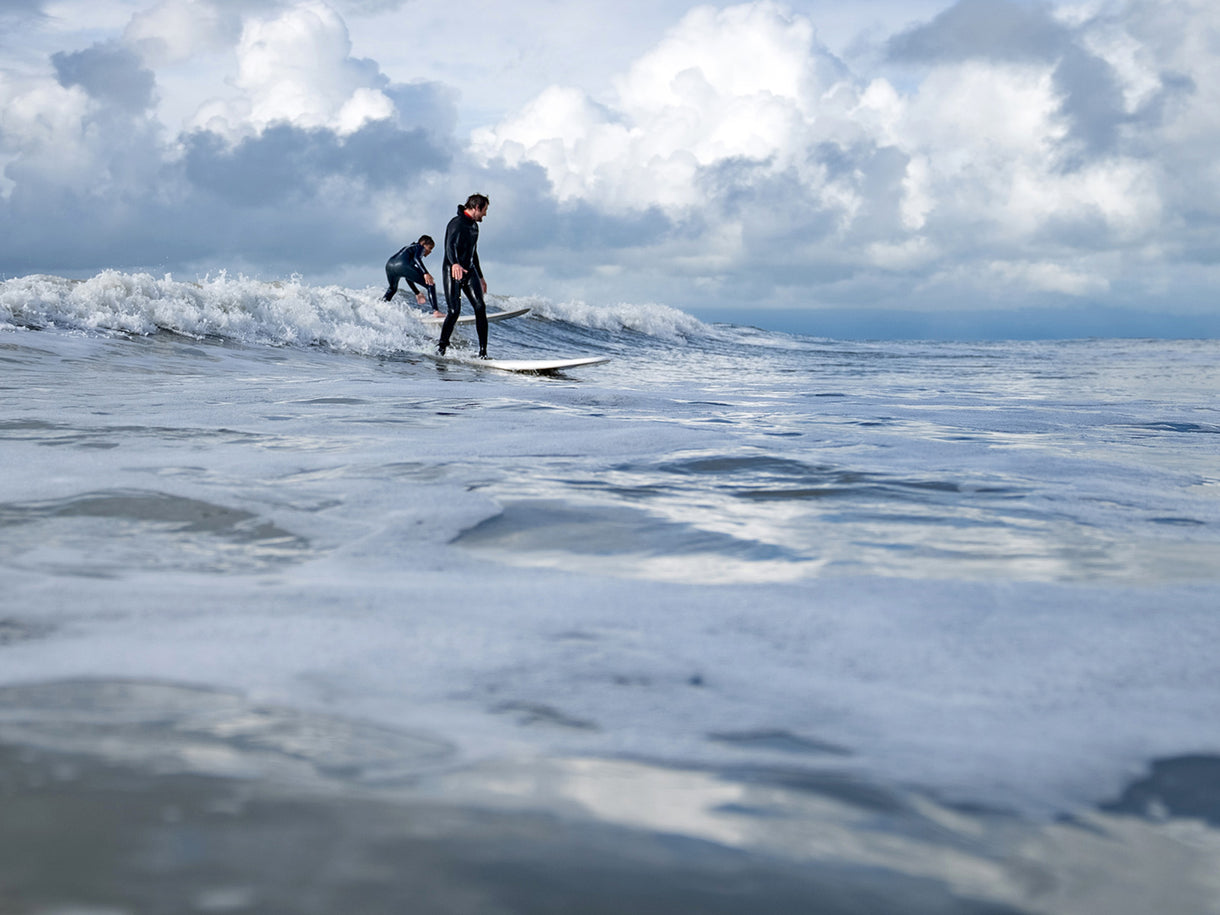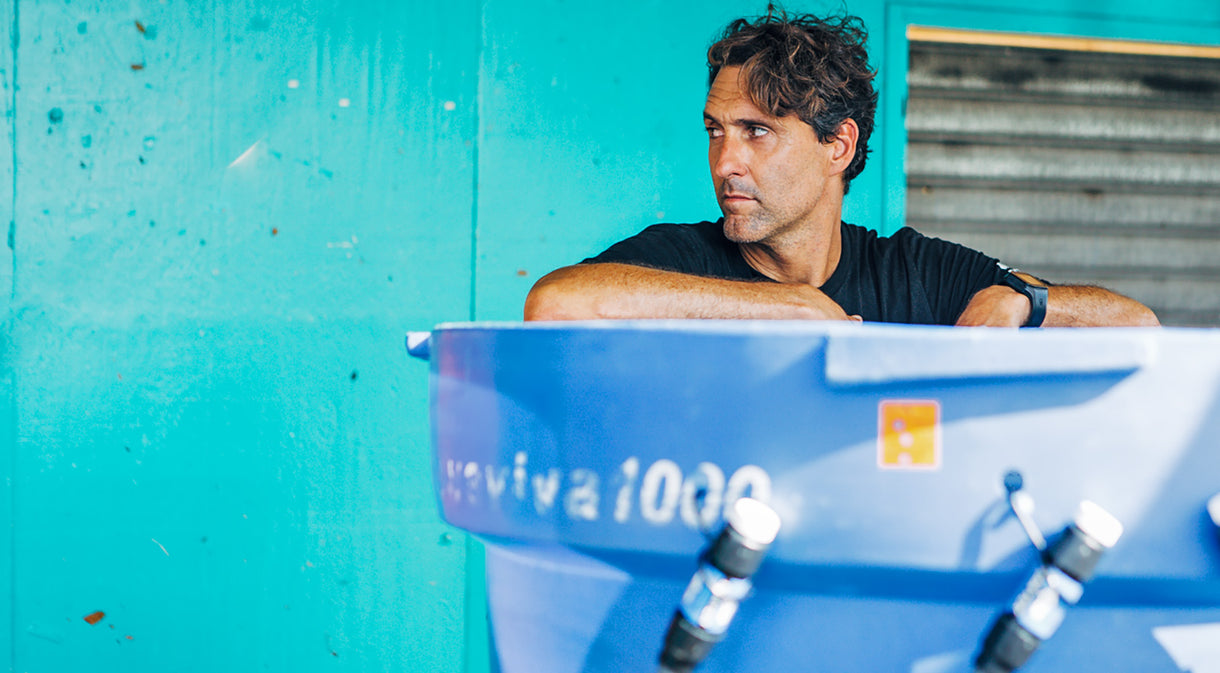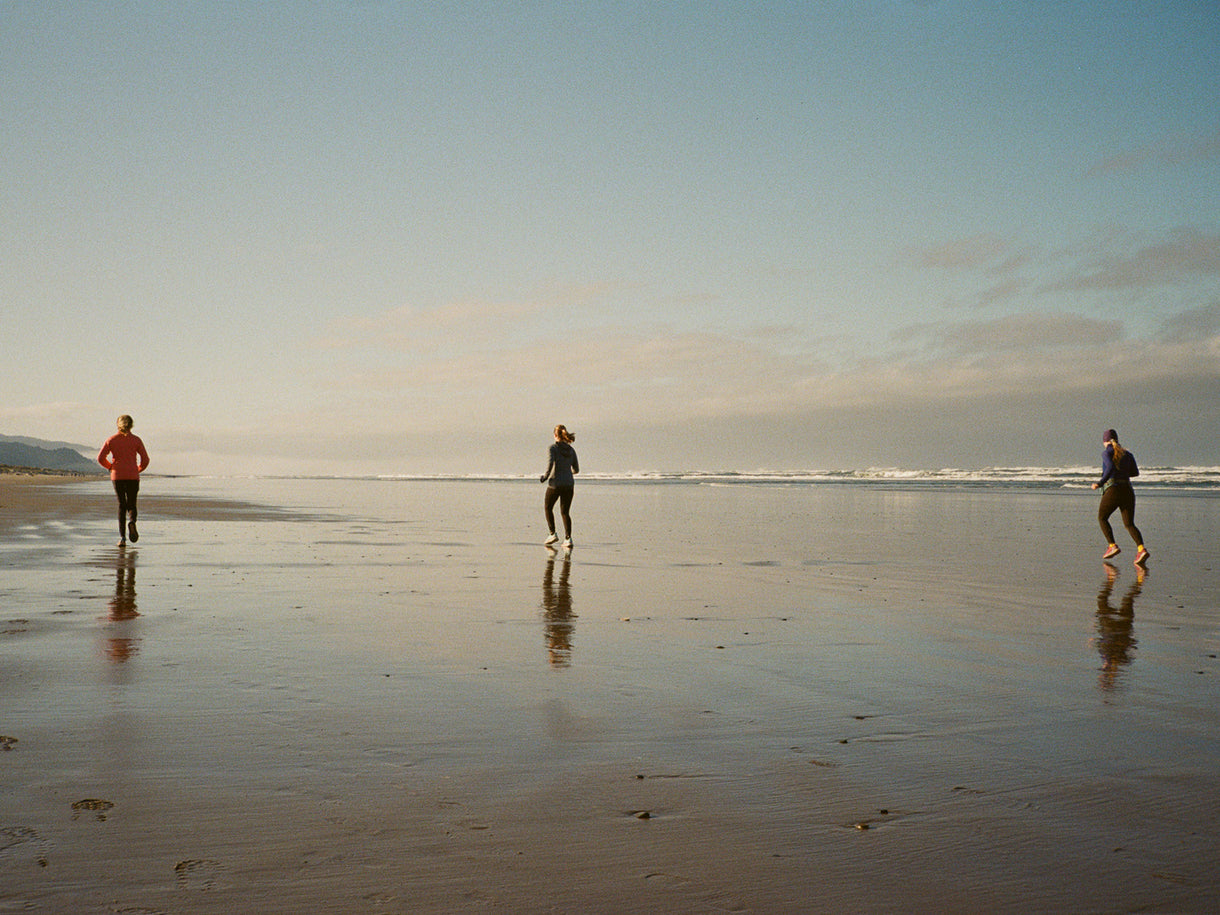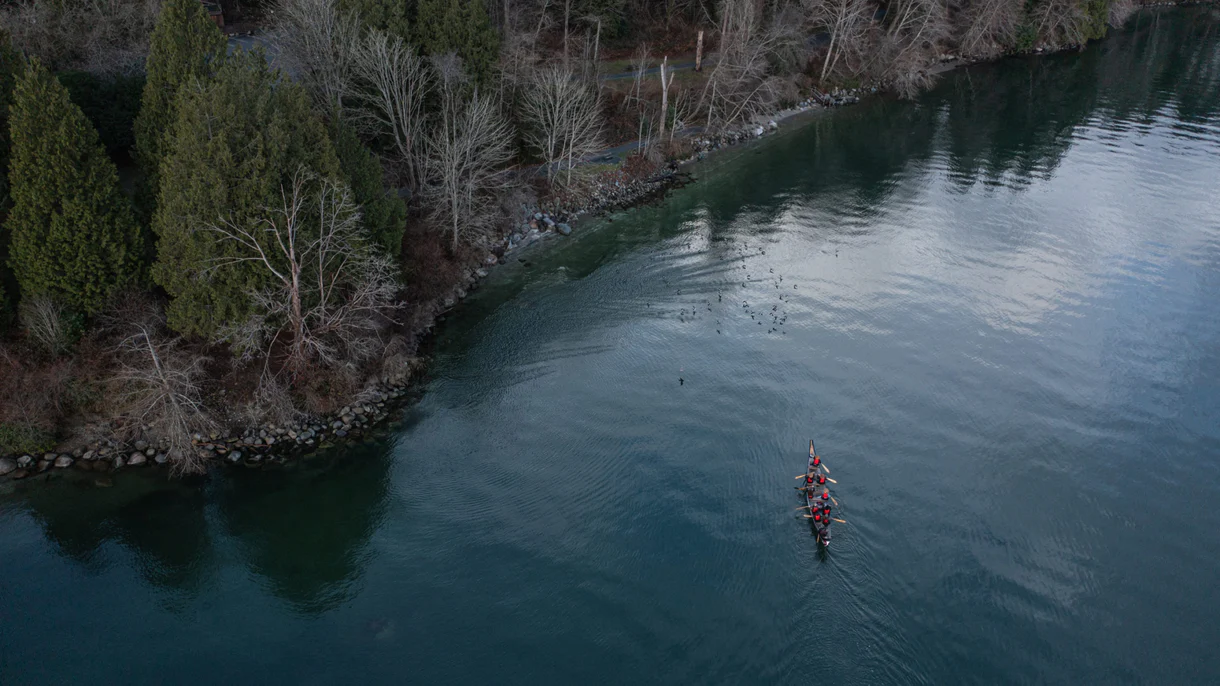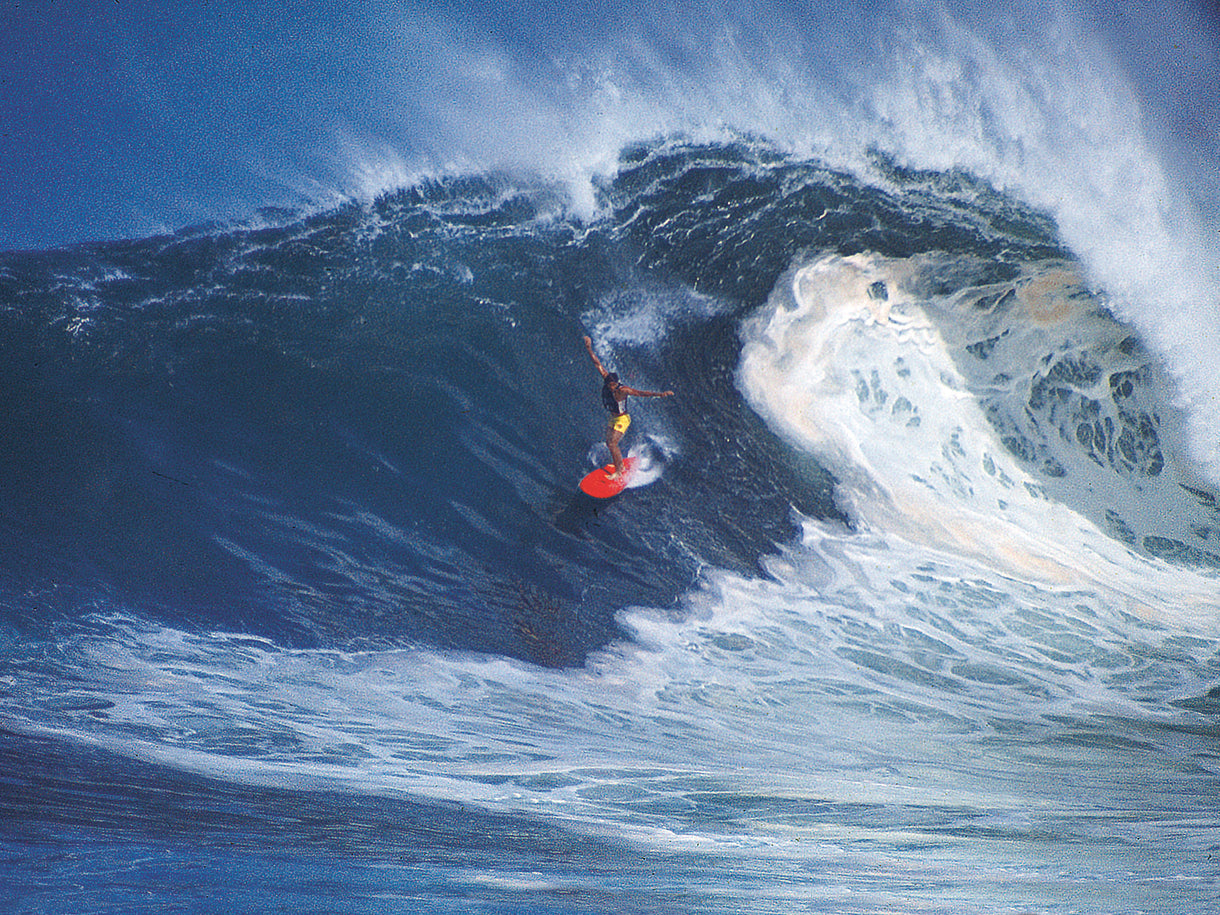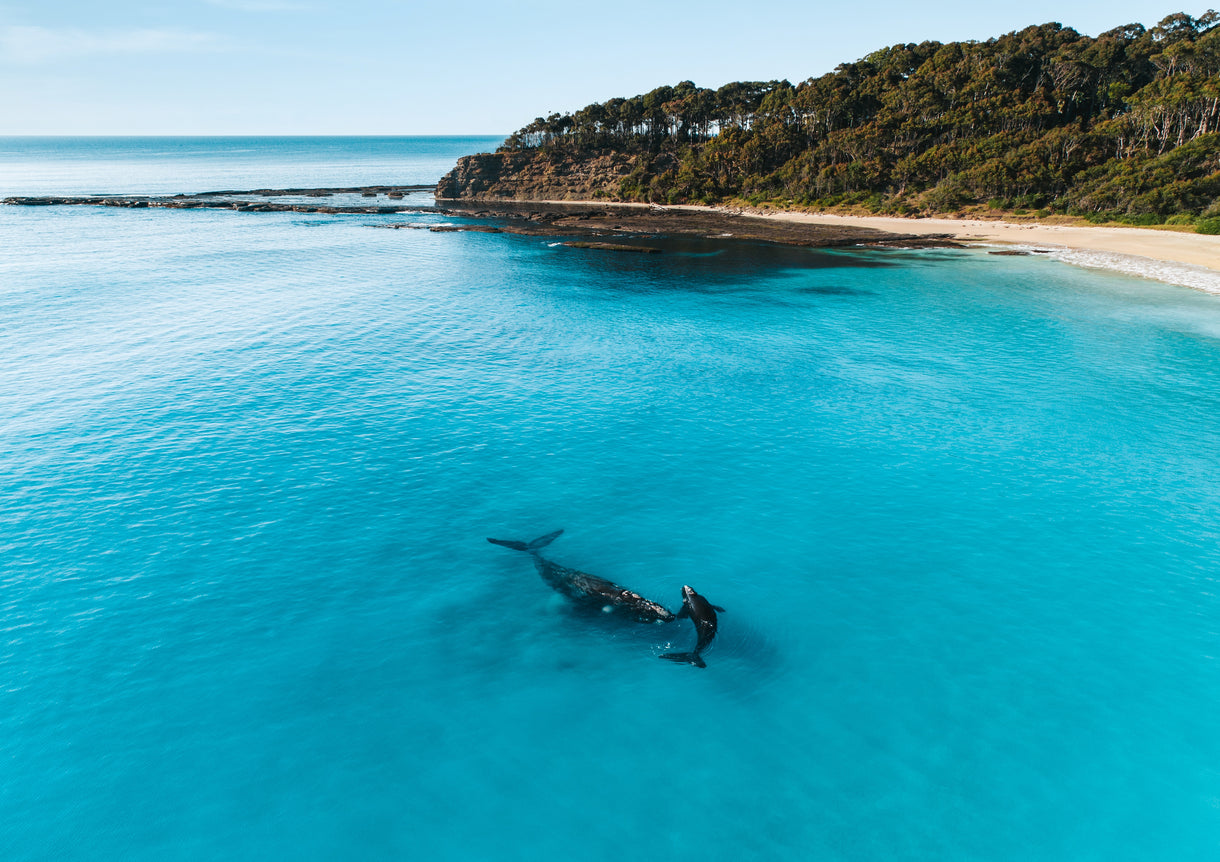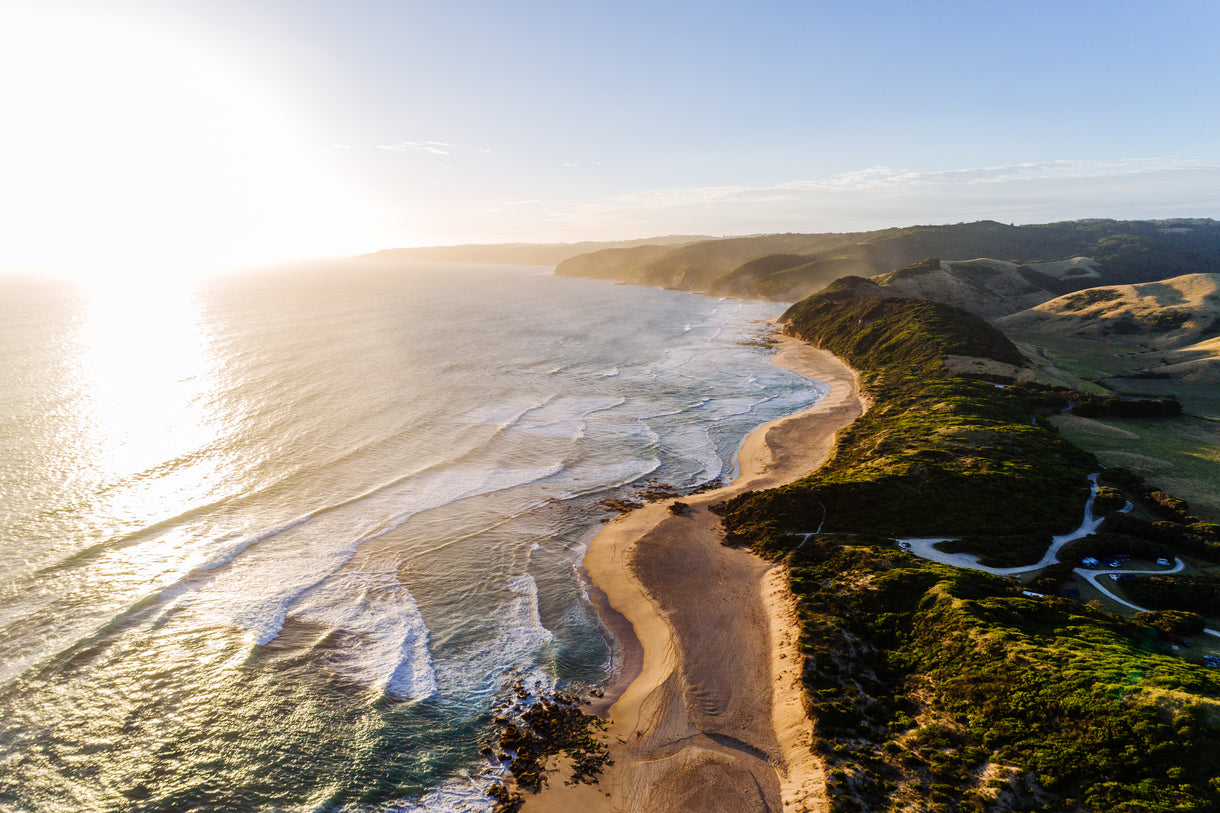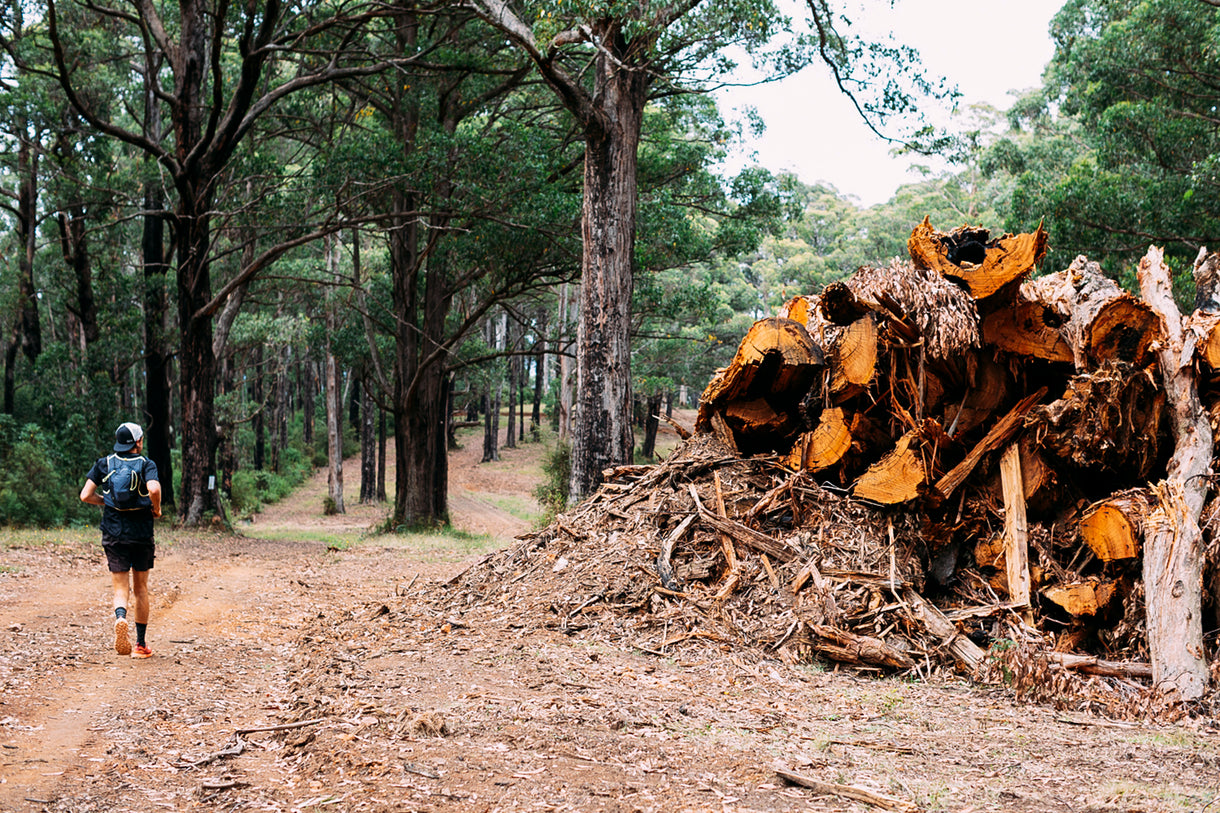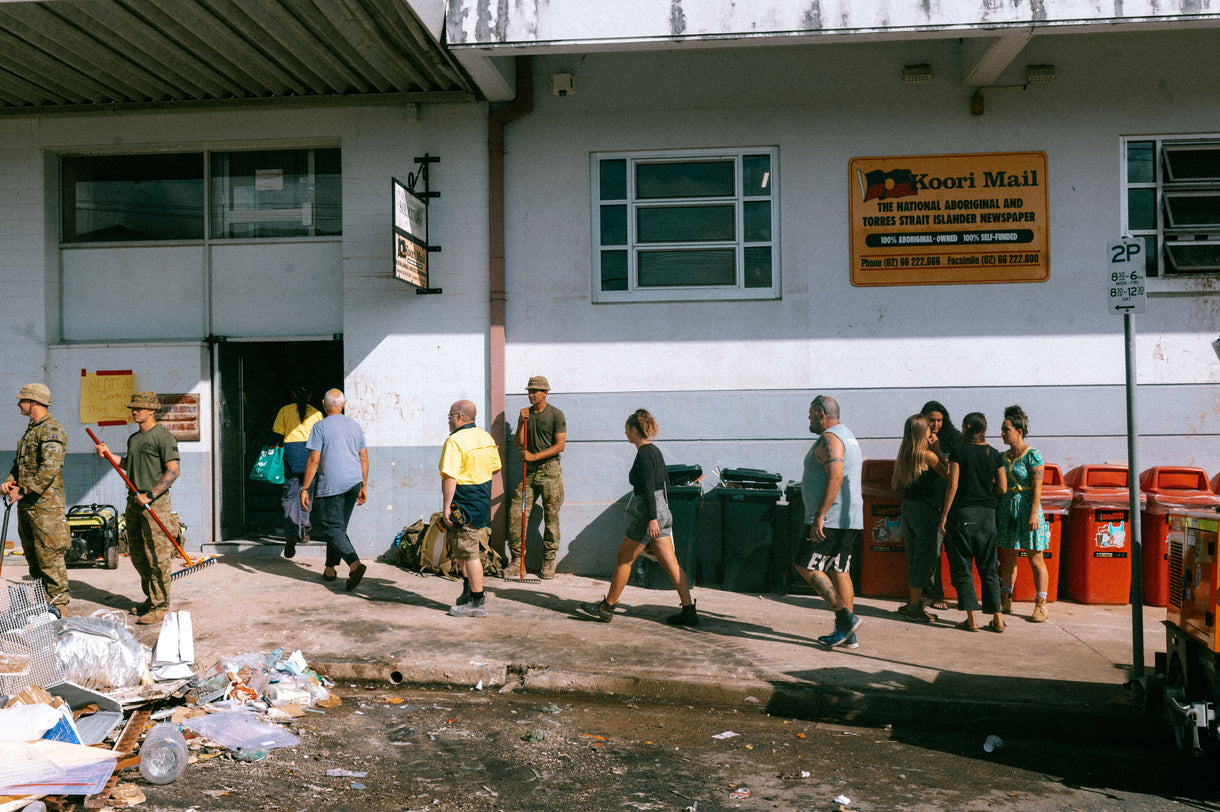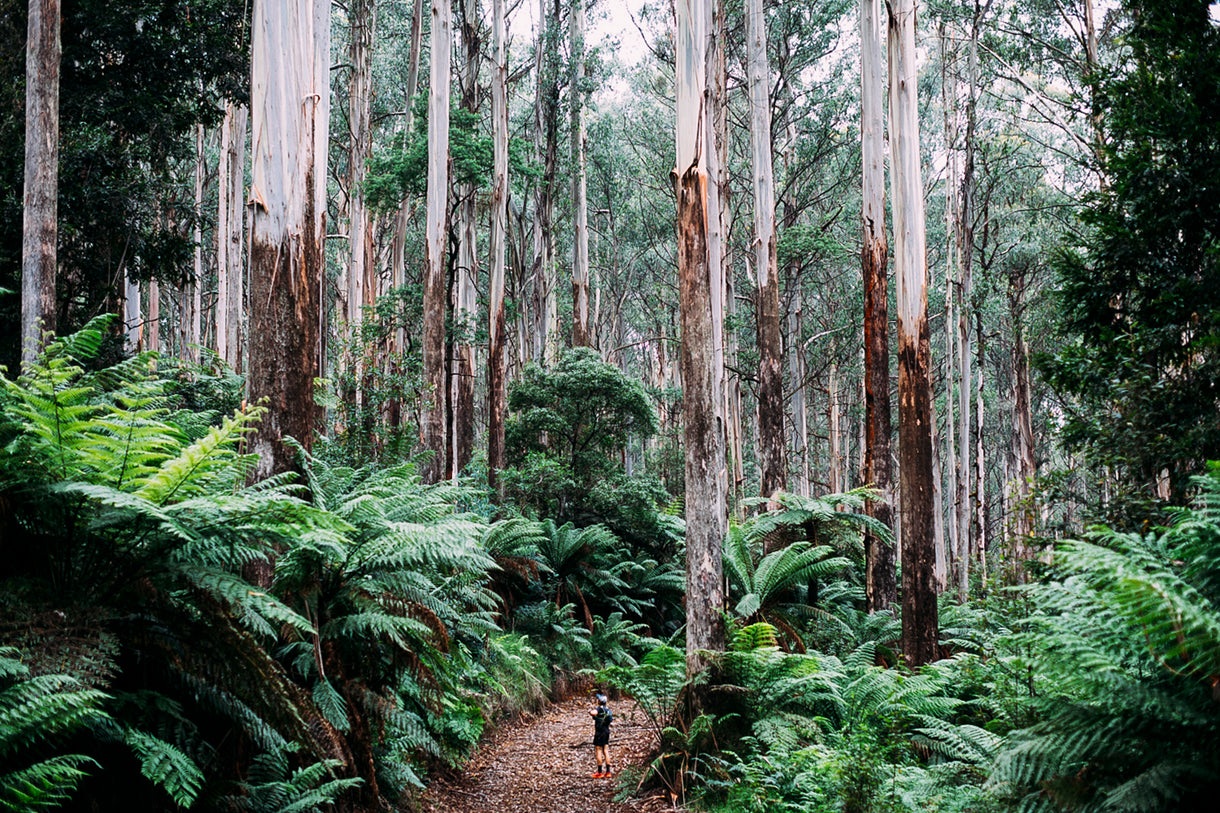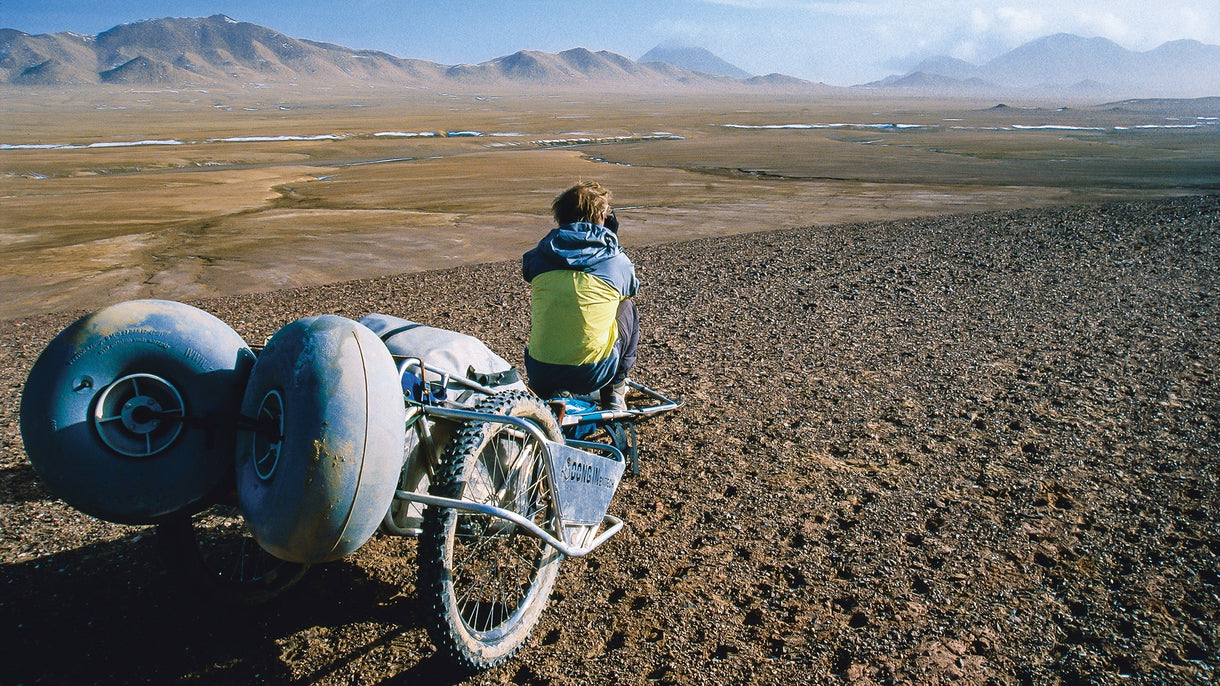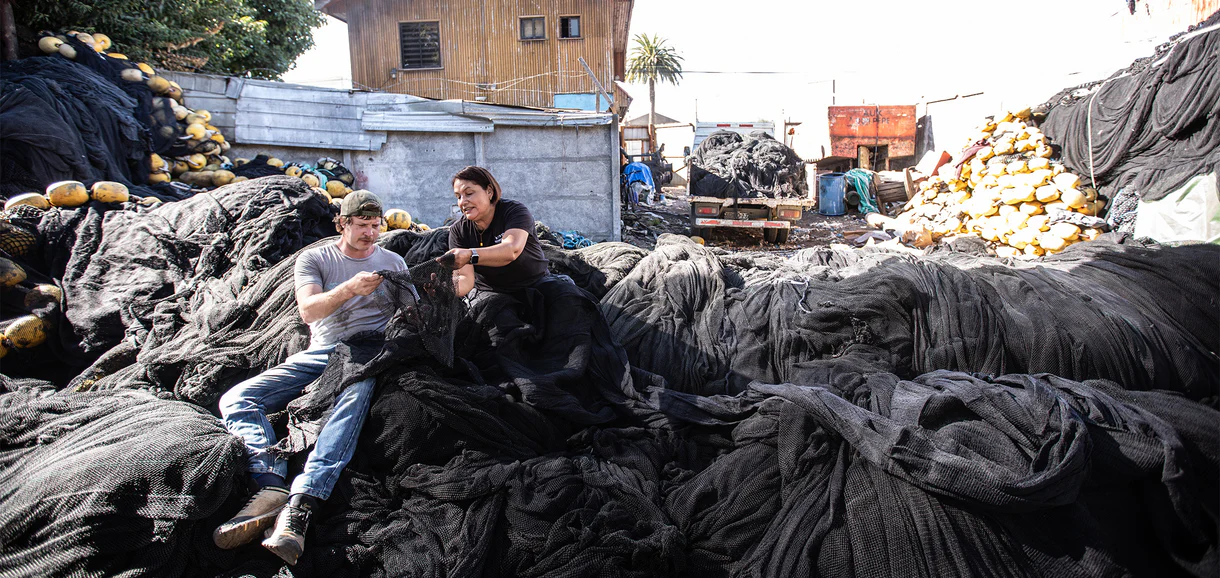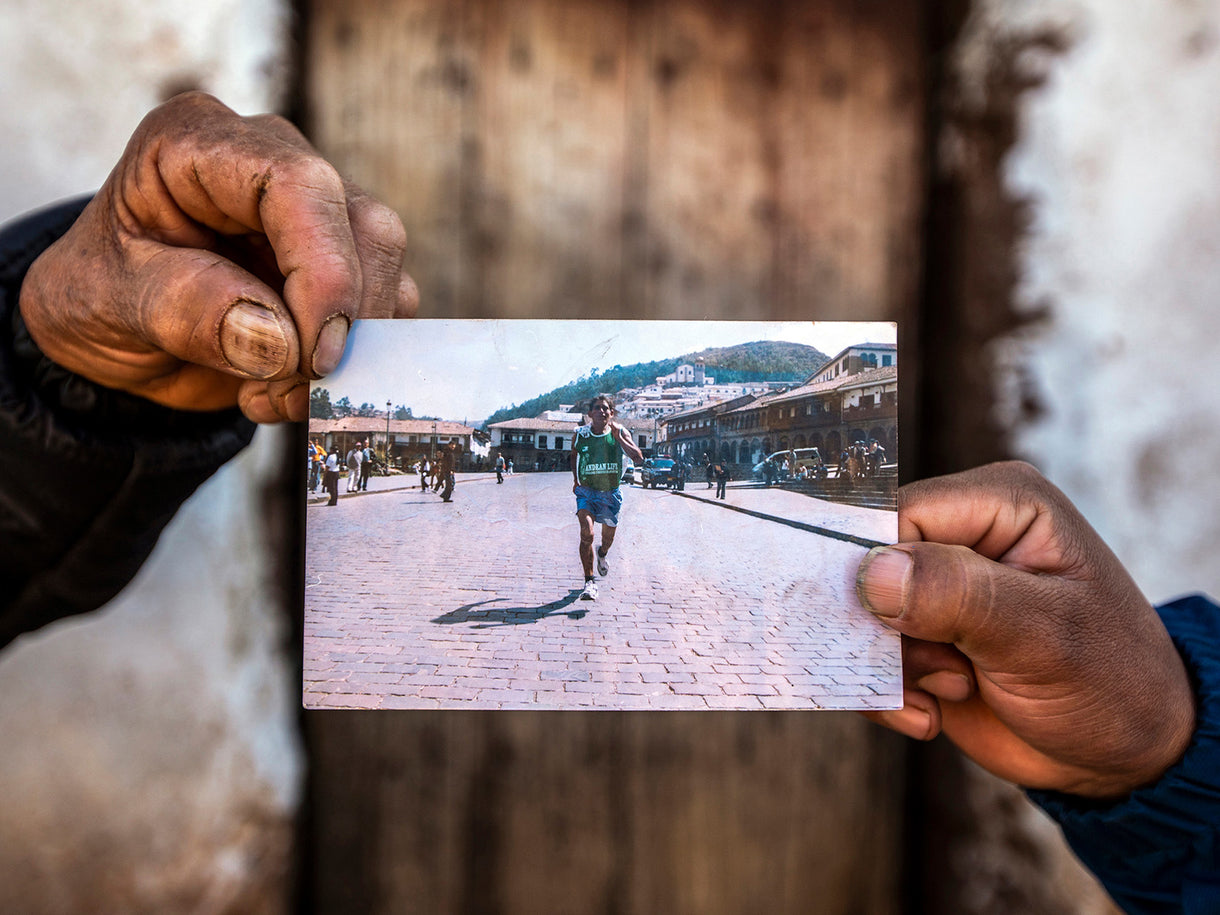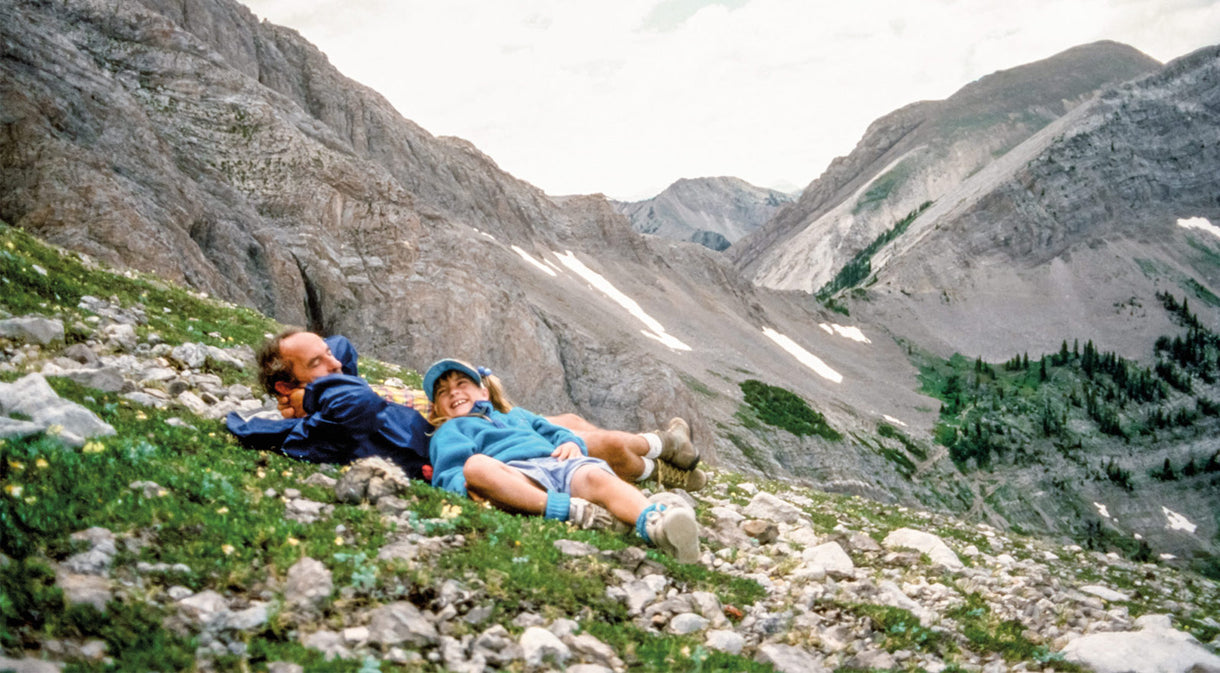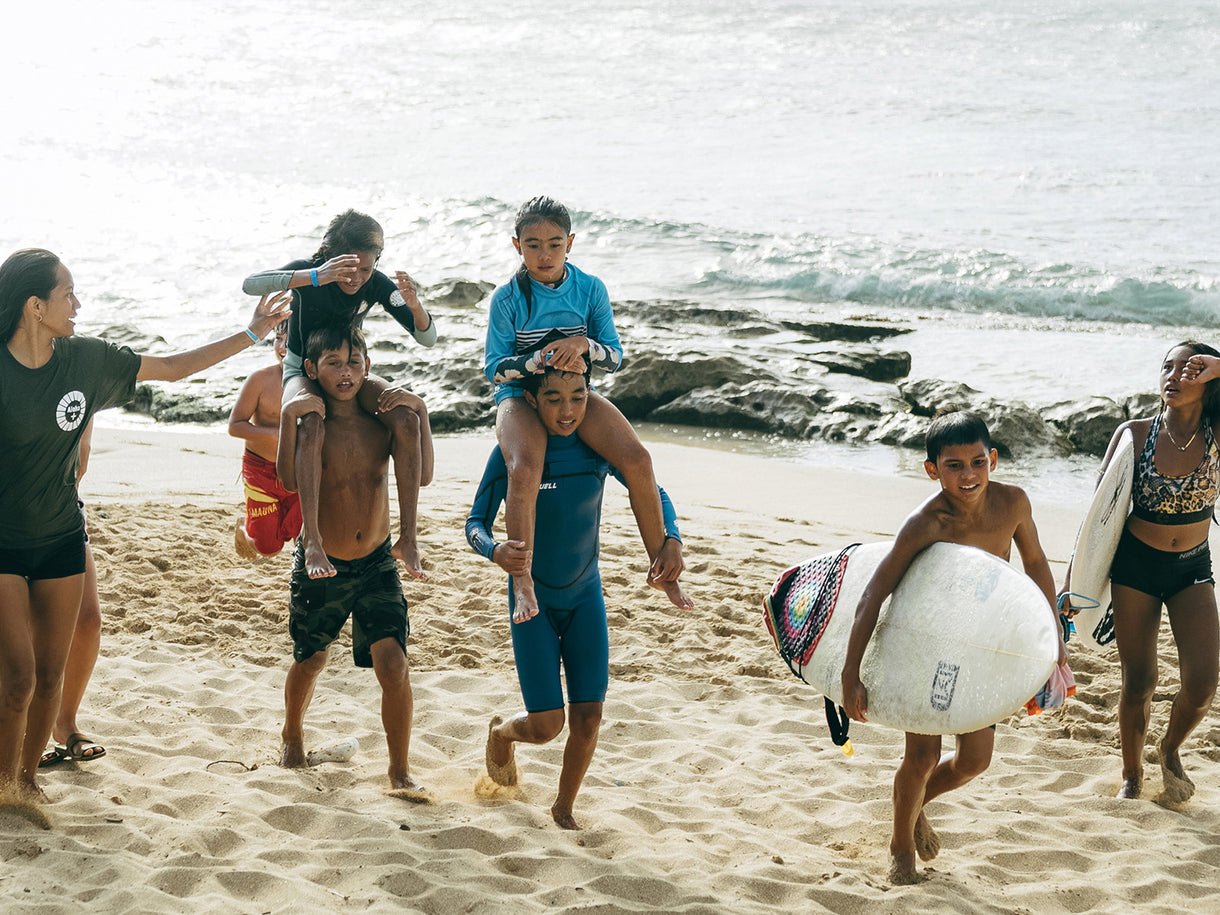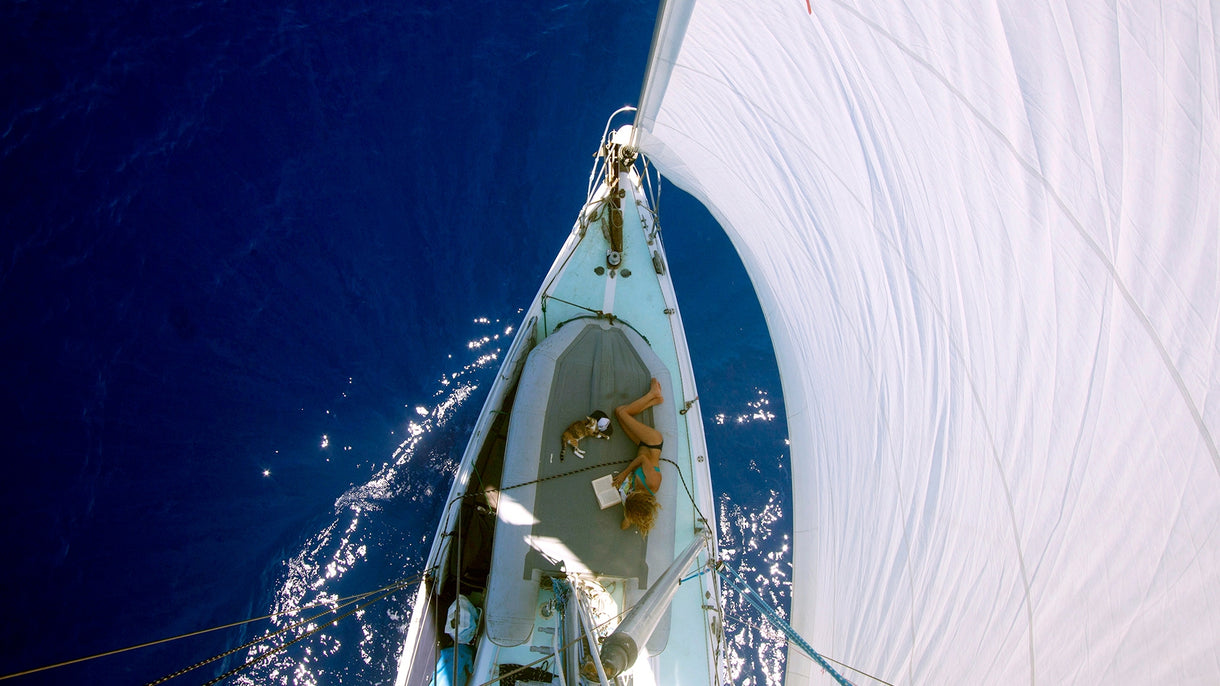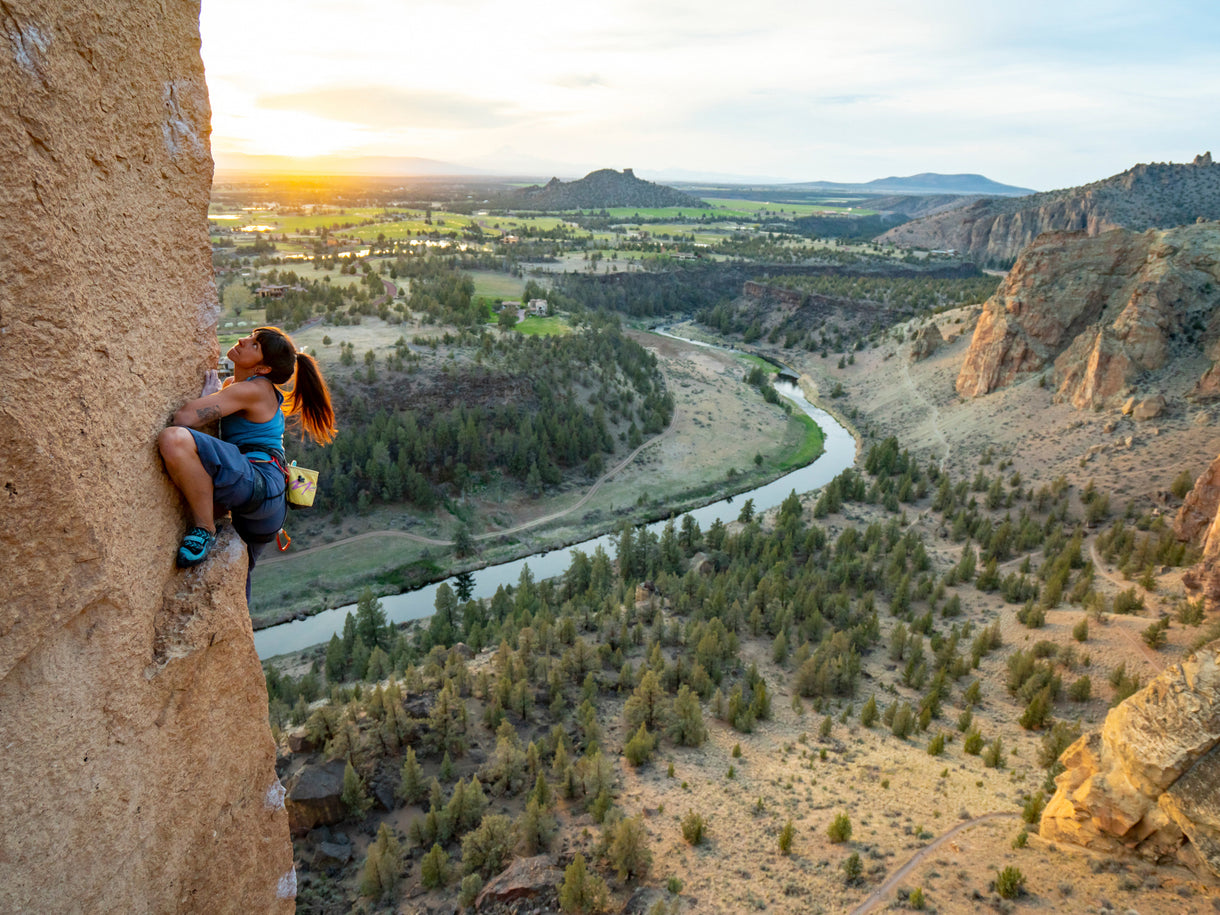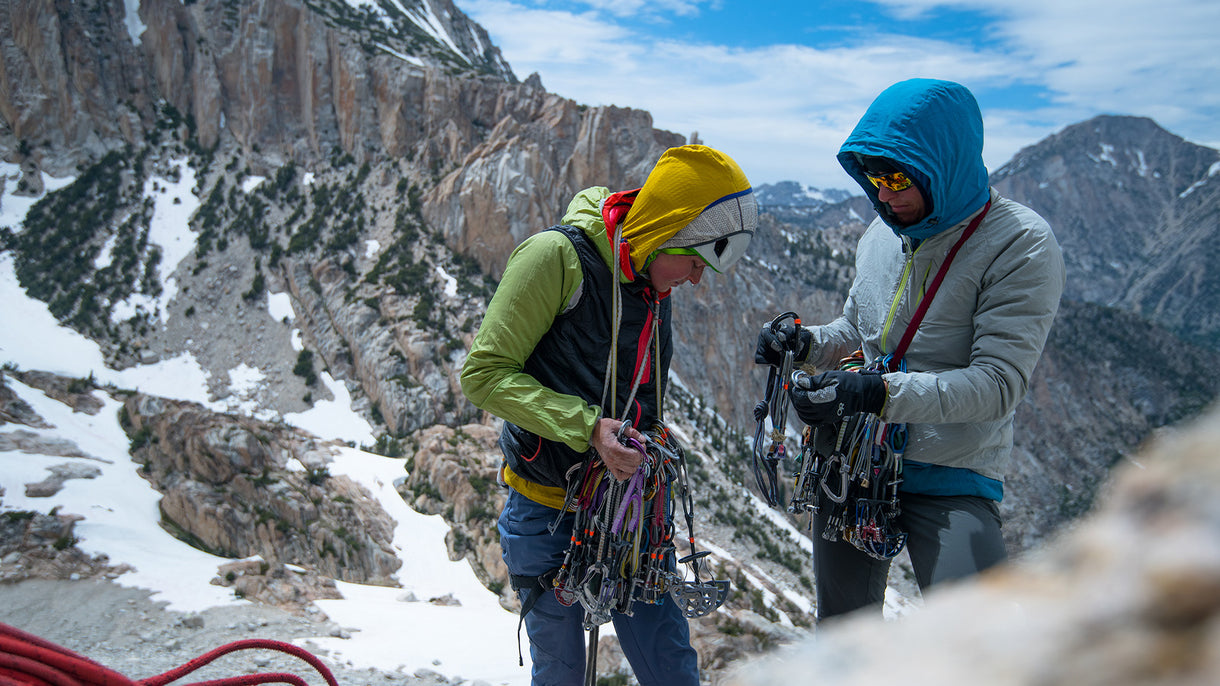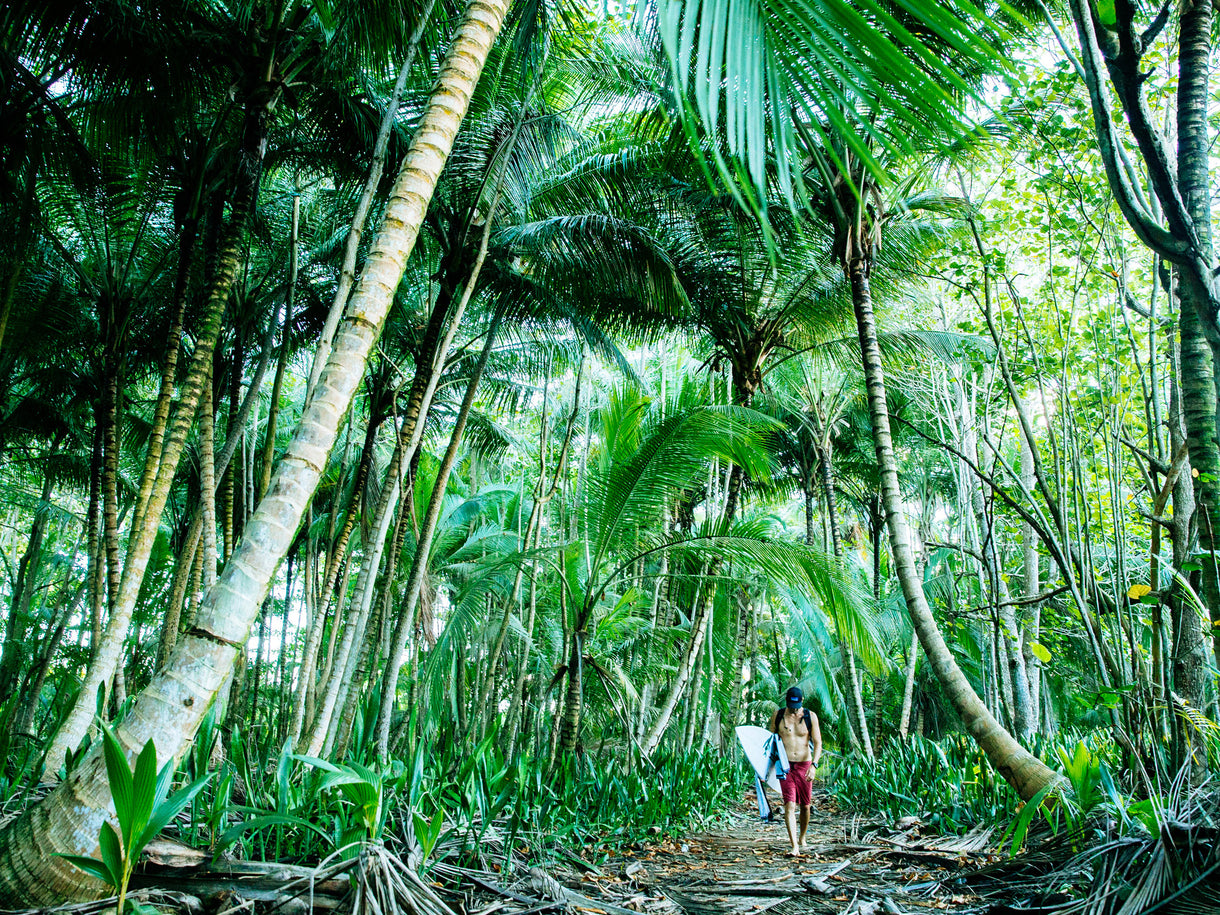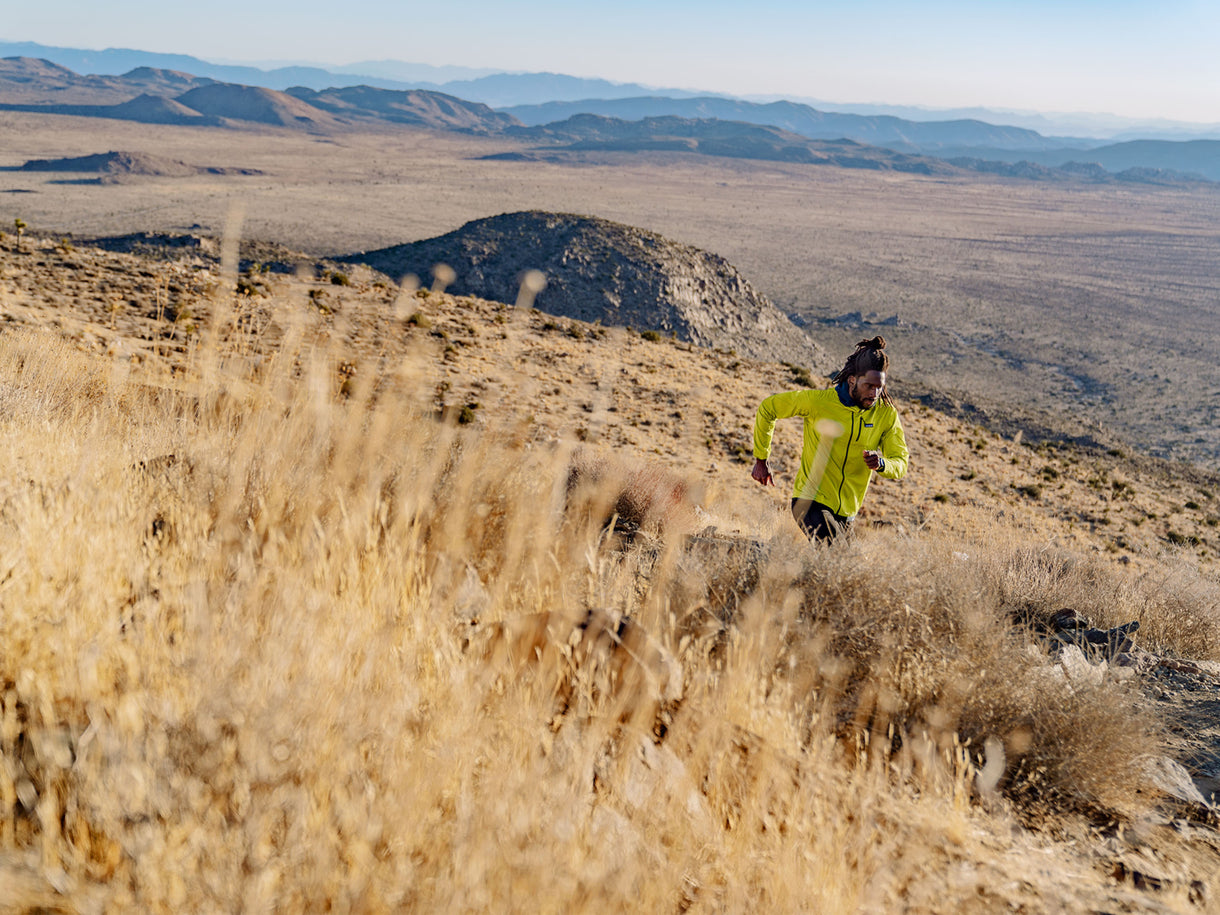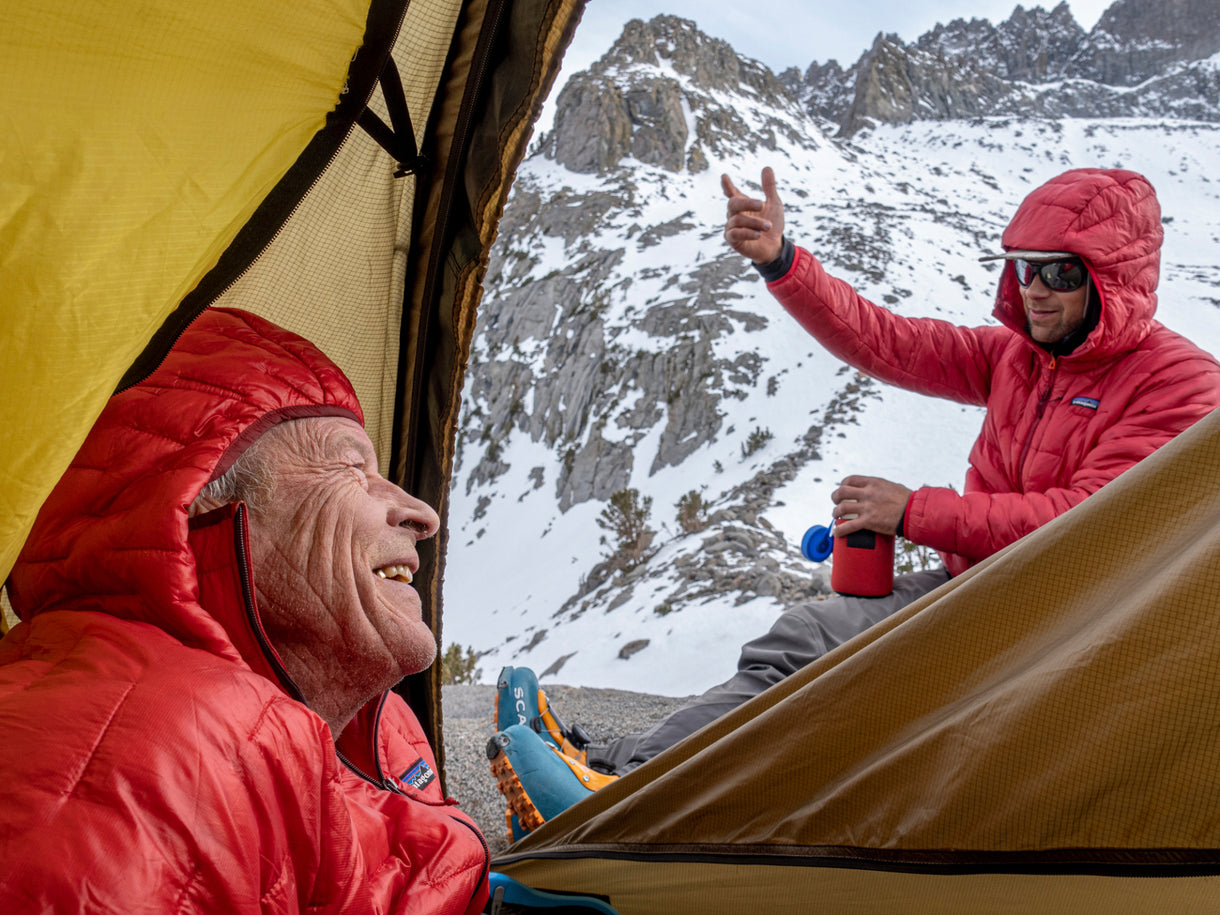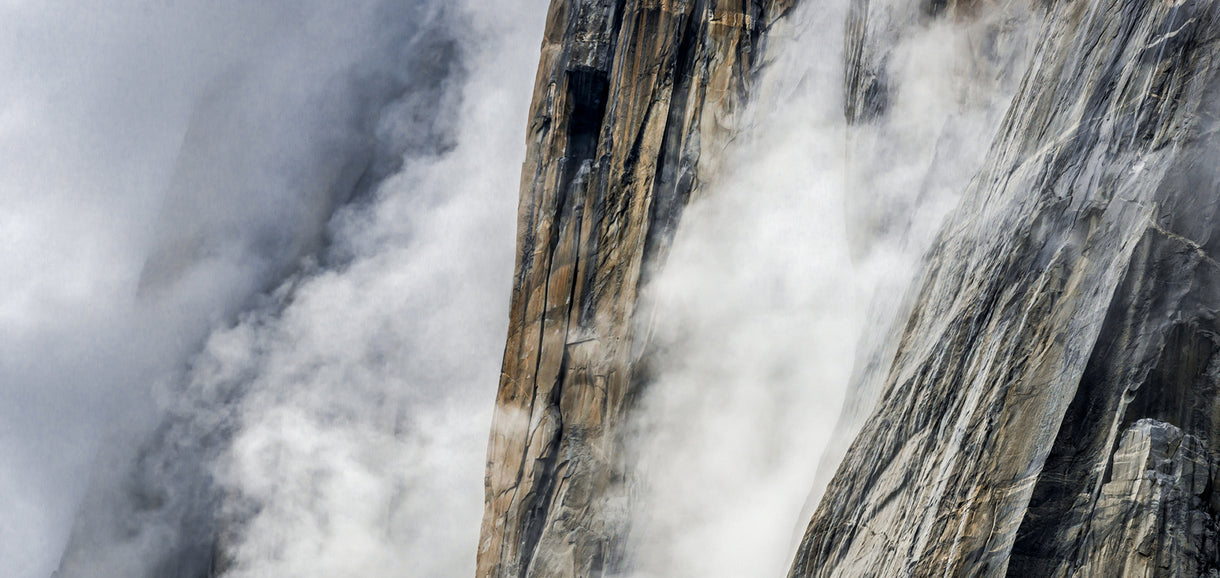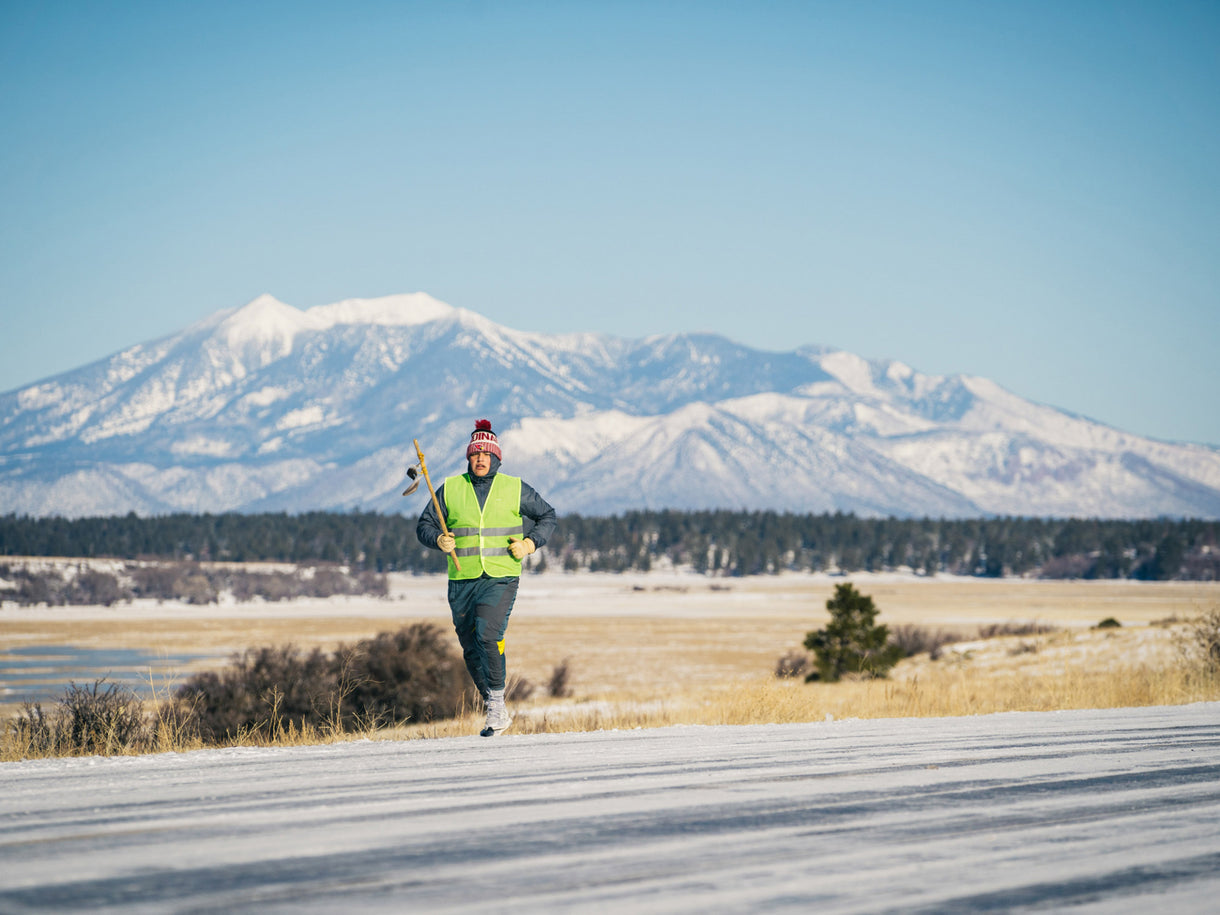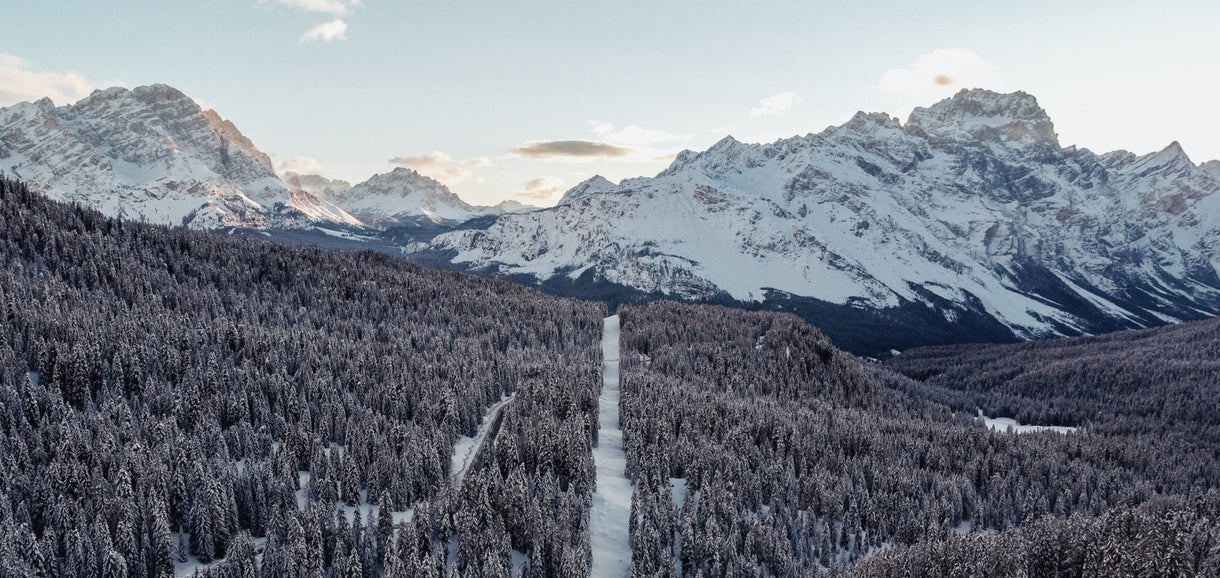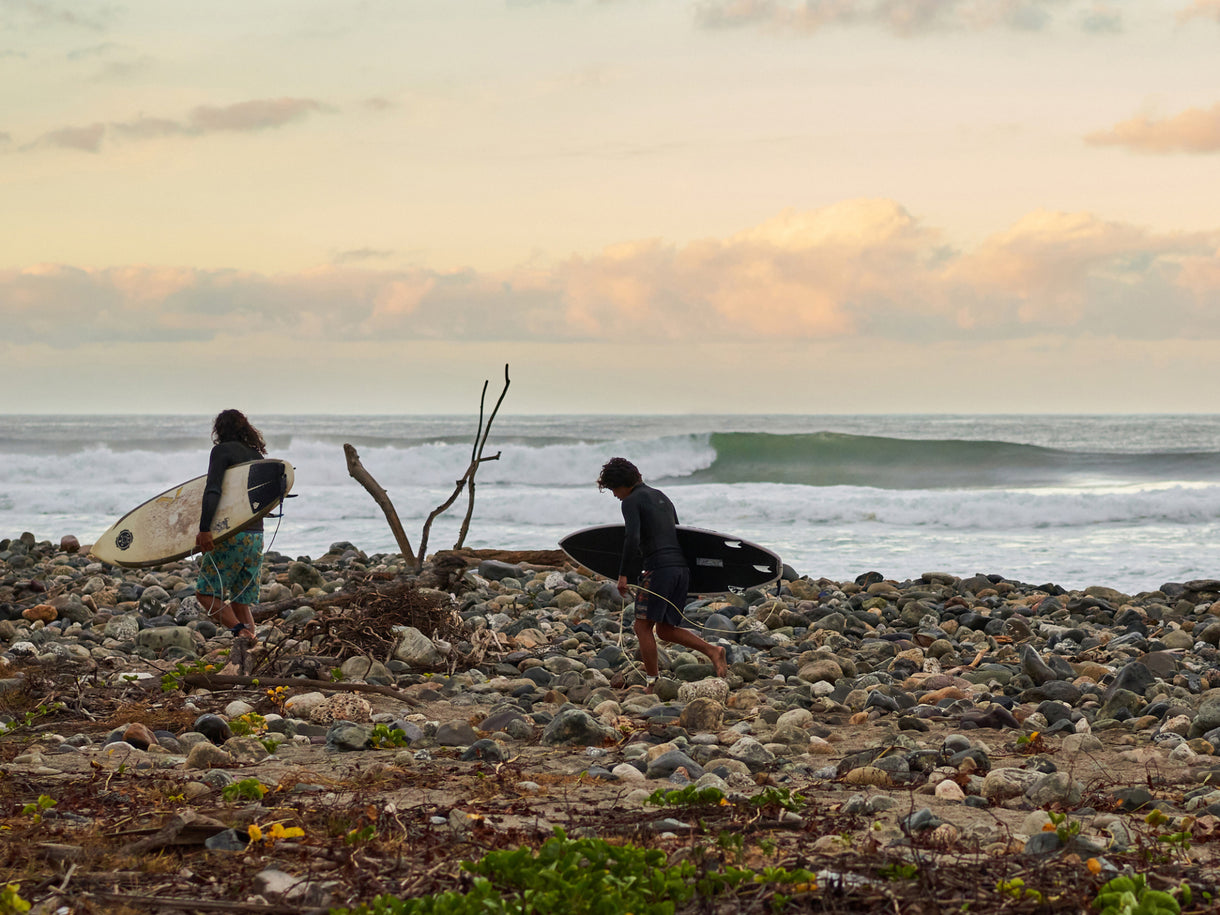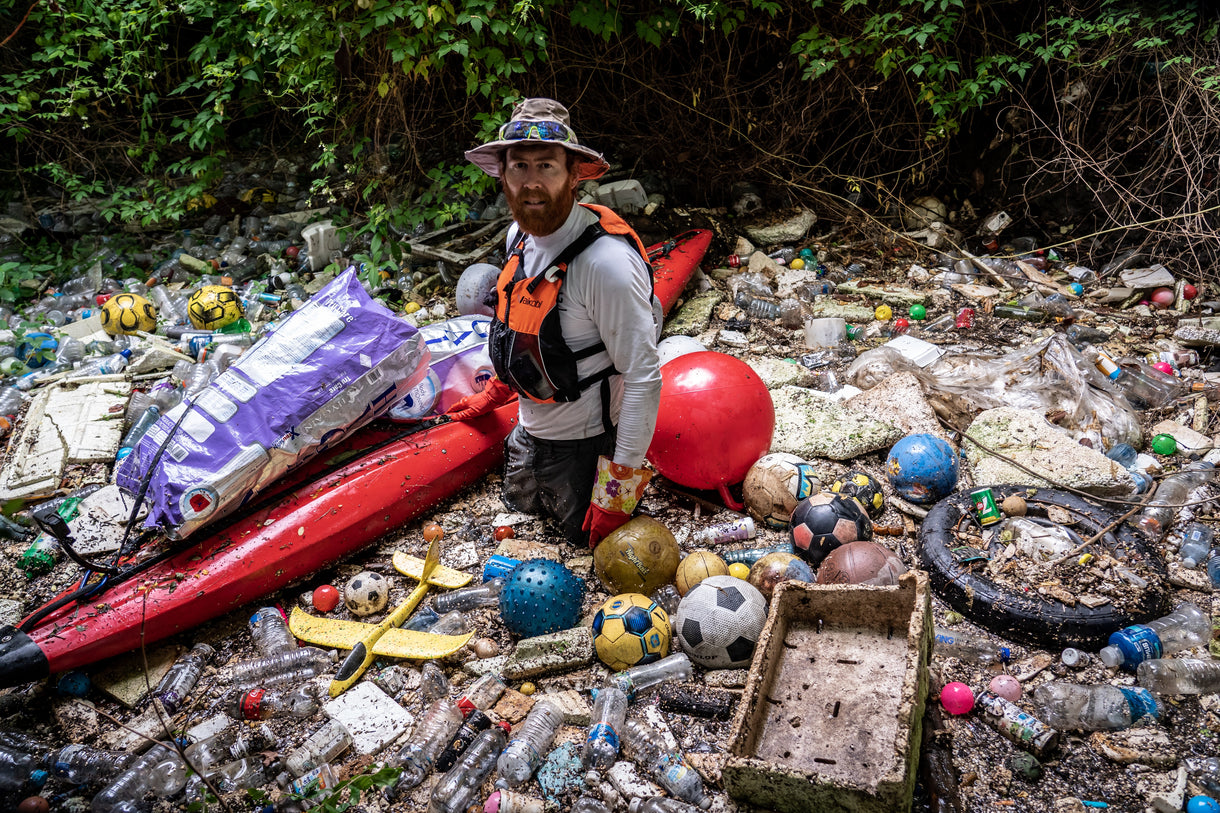It’s time for surfers to read the forecast on climate change and do something about it.
If there’s one thing the modern surfer knows well, it’s how to read a surf forecast. In every surfer’s pocket is a phone, loaded with forecasting apps that make them weather and swell experts; able to track the next east coast low, time the tide and make strike mission calculations so that tools can be dropped at precisely the right moment to find good waves.
Well and truly behind us are the days of rocking up to our local beach and hoping for the best. No need for such a thing. Who needs luck when you have a seven-day forecast in your pocket? Well, it turns out the surfers of Australia can read forecasts even better than the leaders of this country.
In the days before the recent floods, as the rain band approached, surfers in northern NSW and southern Queensland knew it was looking like the wrong kind of gnarly. When the heavens eventually got biblical above the Tweed River and the ‘rain bomb’ detonated, a handful of surfers turned out to be unlikely first responders. Jet skis were put to work as the flood waters rose, with Aussie surfers like Mick Fanning saving dozens of people, stepping up at a time when their community needed them, all because our politicians didn’t pay attention to the forecast and do what needed to be done.
Was it incompetence? Neglect? Politics? We’ve recently learned our elected representatives don’t have a duty of care to children when it comes to climate change. Do they have a duty of care to families when their worlds are washed away by a climate-charged flood? Or does that duty rest on the shoulders of surfers with jet-skis?
How can surfers, who are so good at reading forecasts and making really accurate decisions based on these forecasts, not be the most vocal on climate change and our need to respond?
In the wake of the floods, it’s easy for this type of article to descend into political MMA. Frustration and anger at those in power is justified; we can all point to instances of arrogance, incompetence and neglect from those ‘above’. But there’s a forecast behind all this that none of us can neglect any longer – the climate forecast.
How can surfers, who are so good at reading forecasts and making really accurate decisions based on these forecasts, not be the most vocal on climate change and our need to respond? How can we be so intimately connected to an environment that is most at risk from human-induced climate catastrophe and not be the natural leaders of change?
Our climate has already warmed by over 1 degree Celsius. At the same time as the rain fell over the east coast, the Intergovernmental Panel on Climate Change warned once again about the devastating impact on our communities if we don’t do more to reduce emissions. That impact is already here. We’re already suffering as a result of climate change. According to a report from the Climate Council, more water fell on Brisbane in one day than typically falls on London over an entire year.
So what’s our excuse for not paying attention to the forecast? Actually, that’s not a useful question right now. Here’s a more practical one for consideration: what are we as surfers going to do now that we fully understand the climate forecast and its consequences? Any ideas?
No worries, there’s quite a few out there – all that needs to happen is for them to go from well-reasoned thought bubbles to policy agenda is for the surfing community to recognise that its potential as a political force and respond to the climate forecast like our lives depend on it.
 Josh Kirkman asks the question of surfers: "How can we be so intimately connected to an environment that is most at risk from human-induced climate catastrophe and not be the natural leaders of change?" Photo Stallar
Josh Kirkman asks the question of surfers: "How can we be so intimately connected to an environment that is most at risk from human-induced climate catastrophe and not be the natural leaders of change?" Photo Stallar
Here’s a few ways the surfing community can respond to the climate forecast:
Use your voice to see Australia end the search for fossil fuels in our waters. If we came together as a well organised and focused community to halt the annual acreage release, we would move toward the head of the pack on climate action and join France, Denmark, New Zealand and other nations who recognise that pursuing new oil and gas extraction in our oceans will doom future generations.
Educate ourselves on the sustainable economic opportunities our marine environments provide. Imagine an Australian Clean Ocean Research and Development Fund that supports Aussie entrepreneurs and scientists to unlock the economic and employment value of a healthy marine environment. Our mates at Ocean Impact Organisation are all over this, as well as the legends at Sea Forest. We are pretty good at solving problems and seeing opportunities. If we fund that, we will prosper economically as well as environmentally.
Expand and protect our national network of Surfing Reserves. It was a great idea in the beginning, and it needs a shot in the arm again so that we as surfers can protect the waves we love and celebrate their cultural, economic and environmental importance. We need to nominate an additional 30 surfing reserves by 2030. We need to ensure these areas are protected by implementing plans of management for each surfing reserve so they will be enjoyed by future surfing generations and the whole community.
Help end the surf industry’s reliance on fossil fuels. Surfers are some of the most petro-reliant people on the planet. And yes, this fact holds a lot of good people back from doing the right thing. We ain’t perfect, but that’s okay. To help the surf industry change, we reckon the Australian Government should support the transition of the surf industry out of petroleum and petrochemical-based products by providing incentives to companies willing to transition away.
Create a National Marine Management Trust to help restore our coastal environment. Damage has been done. Coastlines need protecting. We can do both by creating a not-for-profit Marine Management Trust which partners with the private sector, surfers and our coastal communities to fund marine rehabilitation, restoration and management initiatives across the nation. The Trust will partner with the private sector to seek out the most needed and effective marine rehabilitation projects in Australia with the aim of restoring as many coastal environments as possible by 2030.
We need to undertake a comprehensive review of federal government subsidies. These subsidies currently include discounted loans to gas projects via Export Finance Australia ($698 million), financial support to fossil fuel-related projects through the Northern Australia Infrastructure Facility ($317 million), grants for new diesel fuel storages ($204 million), and a range of other projects including those under JobMaker and the Gas-Fired Recovery.
Local Climate Disaster Response. The unfortunate reality is that the type of natural disasters we’ve seen in the Northern Rivers and the Black Summer bushfires before that are going to become more commonplace. We’ve cooked our planet enough to turn the dial up on weather. We need to be better prepared to respond quickly to disasters amplified by climate. Luckily, some really smart people at The Australia Institute have a very straightforward idea for funding genuine disaster response capacity – create a National Climate Disaster Fund that levies $1 per tonne on all coal, gas and oil produced in Australia to help pay for some of the increasing costs of climate disasters. No brainer, right?
“But I’d be a hypocrite if I want action on climate. I drive a car, ride a surfboard, fly on planes…”
Heard this one a bit? We hear it all the time at Surfers for Climate. Here’s why it’s not an excuse for inaction – all of us are good people deep down, and if we had the opportunity to design a world to be born into, we wouldn’t create one that allows for humans to dig, drill and exploit, and risk it all for profit. We would design a better one that is sustainable.
Get the point? I’ll spell it out: we had no choice in what we were born into, but we certainly have a choice to make about improving it.
As surfers, we can’t bury our heads in the sand any longer and worry about what others might think of us as we act on climate. Charges of hypocrisy mean nothing on a planet that’s cooked. We can surf, explore ways we can change ourselves, while getting behind the bigger policies that will make all the difference.
Emotions are high and they should be. Our leaders didn’t react to the forecast, and it was up to the community to respond, saving lives and proving that we know what to prioritise when disaster rains down. The response to the floods has been extraordinary and certainly something to be proud of, but to move forward from this point, we need to recognise we've neglected the climate forecast and do what needs to be done.
A surfing community focused collectively on the climate forecast could change the way this country does things.
* Josh Kirkman is CEO of Surfers for Climate.
You can message your local federal MP and electoral candidates here and ask them not to kook it on climate.
Or you could also attend one of the Car Park Cinema and Climate Convo events at Torquay, Lorne, and Harbord. Find out more and book tickets here.
Image Banner: In recent years Australia has felt the brunt of climate-fuelled weather events. We know more are coming... the question is what can we do about it? Photo Ed Sloane
